Breaking
- MENU
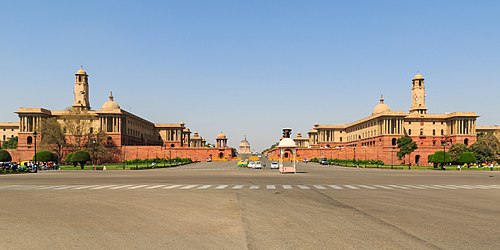
BILATERAL ISSUES
1. 6th Meeting of Joint Committee on Ports and Maritime Cooperation between the Republic of India and the Islamic Republic of Iran (September 4-5, 2017), Tehran, 6 September 2017.
The Sixth Joint Committee Meeting on Ports and Maritime Cooperation was held in Tehran from September 4-5, 2017. The Indian delegation was led by Alok Srivastava, Special Secretary (Shipping), and Mohammad Saeednejad, Deputy Minister & Managing Director, Ports & Maritime Organization led the discussions from the Iranian side.
Both sides reviewed and positively assessed the progress in Ports and Maritime Cooperation between the two countries including the progress in the development of Chabahar Port. Both sides reiterated their commitment to complete and operationalize the Port at the earliest. They discussed the progress in procurement of equipment (USD 85 million worth of Indian investment) for the Chabahar Port and issues related to it. The Iranian proposal for interim operations at Chabahar Port (Shahid Beheshti) by Indian Ports Global Limited, prior to commencement of the main contract was also discussed. Iranian side also conveyed that they are taking necessary steps to ratify the Trilateral Transit Agreement which was signed during the visit of Prime Minister Narendra Modi to Iran in May 2016.
It was agreed to revise the existing Memorandum of Understanding on recognition of certificates of competency for seafarers in order to align it with the Manila Amendment to STCW Convention adopted in 2010.
Both sides underlining the importance of cooperation in the Port and Maritime sector agreed to hold the Joint Committee meetings regularly. It was decided to hold the 7th Meeting of Joint Committee on Ports and Maritime Cooperation in the first half of 2018 in India.
Source: Embassy of India, Tehran
b. ISRAEL
2. PM salutes the brave Indian soldiers who laid down their lives to liberate Haifa in 1918, New Delhi, 23 September 2017
The Prime Minister, Narendra Modi has saluted the brave Indian soldiers who laid down their lives to liberate Haifa in 1918.
“On Haifa Day I salute the brave Indian soldiers who laid down their lives to liberate Haifa in 1918.
Was pleased to visit Haifa and pay homage there in person in July”, the Prime Minister said.
AKT/SH
(Release ID :171058)
c. KUWAIT
Government of India has immediately withdrawn USD 2,500 Bank Guarantee measure which was needed earlier for recruitment of Indian female domestic workers for Kuwait. However, the recruitment is restricted to through following six State Government recruitment agencies.
(i) Non –Resident Keralites Affairs Department (NORKA-ROOTS),
NORKA CENTRE, Thycaud , Thiruvananthapuram, Kerala,
E-mail –mail@norkaroots.net , Tel. 0091-471-2330530
(ii) Overseas Development and Employment Promotion Consultants Ltd.
(ODEPC), T.C. 27/741 (3), Ambalathumukku, Vanchiyoor. P.O, Thiruvananthapuram, Kerala, E-mail – odepc@sify.com, Tel. 0091-471-2576314
(iii) Overseas Manpower Corporation Limited (OMCL),
No.42, Alandur Road, Thiru-vi-ka Industrial Estate, Guindy, Chennai, Tamil Nadu, E–mail overmcl@gmail.com , Tel. 0091-44-22505886, 22502267, 22500417.
(iv) Uttar Pradesh Financial Corporation, Government of Uttar Pradesh (UPFC). 14,/88, Civil Lines, Kanpur-208001, Phone:
EPABX: +91-512-2530041-44, Fax: +91-512-2530073/512-2533743
Email: headoffice@upfcindia.com, upfcknp@dataone.in
(v) Telangana Overseas Manpower Company (TOMCOM)
Govt. of Telangana, Govt. IT Campus, Vijaya Nagar Colony,
Masabtank, Hyderabad-500057.
(vi) The Overseas Manpower Company Andra Pradesh Govt.
ITI Campus, Vijayawada(OMCAP),Krishna (Dist), Andhra Pradesh -520008,
Emigrate Code RA8723, Tel/Fax: 91 0866 2484948, Email: omcapl@gmail.com.
Source: Embassy of India, Kuwait
M.J. Akbar, Minister of State for External Affairs is leading an Indian delegation to Kuwait for the 3rd India – Kuwait Joint Ministerial Commission Meeting on Wednesday, 20 September 2017. This Meeting on Trade, Economic, Scientific and Technological Cooperation between India and Kuwait is taking place after a gap of 9 years. Anas Khaled Al-Saleh, Deputy Prime Minister & Minister of Finance of Kuwait will lead the Kuwaiti delegation for the Meeting. There will be wide ranging discussions on various issues of common interest between two sides.
Despite his busy schedule, M.J. Akbar will interact with members of Indian community in Kuwait at Embassy’s Auditorium on Tuesday, 19 September 2017 from 6 to 7 p.m.
All members of the Indian community in Kuwait are cordially invited to attend. All concerned are requested to arrive at Embassy Auditorium by 5.30 p.m. on Tuesday, 19 September 2017. Light snacks/tea/coffee etc. will be served to all.
Source: Embassy of India, Kuwait
M.J. Akbar, Minister of State for External Affairs (MOS) led an Indian delegation for the Third Meeting of India–Kuwait Joint Ministerial Commission for Trade, Economic, Scientific and Technological Cooperation (JMC) in Kuwait from 18–20 September 2017. He co-chaired the 3rd JMC Meeting with the Kuwaiti Deputy Prime Minister and Finance Minister Anas Khaled Al-Saleh.
During the visit, MOS held meetings with Her Excellency. Hind Al-Sabeeh, the Minister of Social Affairs and Labour & Minister of State for Economic Affairs and Khaled Al-Jarallah, the Deputy Minister of Foreign Affairs. MOS also held interaction with Indian community in Kuwait.
The relations between India and Kuwait are marked by regular high-level visits which have provided momentum in further strengthening our mutually beneficial ties that covers a wide range of political, commercial, energy and diaspora related issues.
Both sides took note of the fact that Kuwait is the seventh largest crude supplier and an important trading partner of India with a total bilateral trade of US$ 5.95 billion in 2016-2017. Indian side expressed satisfaction that several Indian companies have been awarded EPC contracts worth more than US$ 5 billion in Kuwait.
Kuwaiti side appreciated that over 9 lakh Indian expatriates have been contributing to the development of their host country. Indian side thanked Kuwaiti side for the humanitarian approach taken for early resolution of the problem faced by distressed Indian workers in Kharafi National and other Kuwaiti companies.
During the visit, the entire gamut of bilateral relations was positively discussed and a vision for future cooperation was set with aim of promoting friendship, cooperation and partnership between the two countries.
Source: Embassy of India, Kuwait
The Embassy is celebrating the 100th Birth Anniversary of Pandit Deen Dayal Upadhyaya on Monday, 25 September 2017 at the Embassy Auditorium at 6 p.m. All members of the Indian community in Kuwait are welcome to attend the function. An eminent academician from India will be the guest of honour who will address the gathering on Pandit Deen Dayal Upadhyaya’s groundbreaking economic vision and his work for “Antyodaya” meaning “poverty alleviation” and its relevance in present socio-economic environment.
All concerned may please arrive at the Embassy Auditorium by 5:30 p.m. on Monday, 25 September 2017.
Source: Embassy of India, Kuwait
Department of Posts, Government of India has recently brought out Commemorative Postage Stamps on Ramayana, as per the attached information.
Considering wide interest expected in our community to acquire these stamps, Indian Embassy will soon be organising a function in the Auditorium to release these stamps as well as sell these stamps to all those interested.
Source: Embassy of India, Kuwait
Kuwaiti authorities have released a list of 119 Indian Prisoners who have been granted pardon/reduction in sentence by HH the Amir. The list is in addition to 15 Indian prisoners whose death sentence was recently commuted to life imprisonment, as per details given below:
Reduction from life to 20 years: 53
Immediate release : 22
Reduction of three quarters of the sentence : 18
Reduction by half period of the sentence : 25
Reduction by one quarter of the sentence : 1
The charges in most of the cases involved narcotics, drugs trading/consumption, theft, robbery, fraud, etc.
All the 15 prisoners whose death sentence was converted to life imprisonment were convicted on drug related charges.
The Embassy of India will provide all possible assistance for their travel to India immediately after their release/completion of sentence.
Efforts are also being made to help Indian prisoners who have given their consent for transfer to India to spend rest of their sentence period in India.
Source: Embassy of India, Kuwait
M.J. Akbar, Minister of State for External Affairs is leading an Indian delegation for the Third Meeting of India–Kuwait Joint Ministerial Commission for Trade, Economic, Scientific and Technological Cooperation being held in Kuwait from 18–20 September 2017. This is his first official visit to Kuwait at the invitation of the Kuwaiti Deputy Prime Minister and Finance Minister Anas Khaled Al-Saleh.
The relations between India and Kuwait are marked by regular high-level visits. These visits have sustained the necessary momentum in further cementing our mutually beneficial ties encompassing a wide range of political, commercial, energy and diaspora related issues.
Kuwait has been an important trading partner for us with a total trade of US$ 5.95 billion in 2016-2017. It is also the seventh largest crude supplier to us in 2016-17. Several Indian EPC companies are working in Kuwait. Over 900,000 strong Indian communities in Kuwait has been contributing to the development of their host country.
During the visit, the entire gamut of bilateral relations would be reviewed and priorities set for future cooperation.
d. MOROCCO
10. Cabinet approves MoU between India and Morocco on cooperation in the field of health, New Delhi, 12 September 2017
The Union Cabinet chaired by the Prime Minister Narendra Modi has given its approval for signing of a Memorandum of Understanding (MoU) between India and Morocco on cooperation in the field of health.
The MoU covers the following areas of cooperation:-
i) Non-communicable diseases, including child cardiovascular diseases and cancer;
ii) Drug Regulation and Pharmaceutical quality control;
iii) Communicable Diseases;
iv) Maternal, child and neonatal health;
v) Hospital twinning for exchange of good practices;
vi) Training in administration and management of health services and Hospitals;
vii) Any other area of cooperation as may be mutually decided upon.
A Working Group will be set up to further elaborate the details of cooperation and to oversee the implementation of this MoU.
Source: Prime Minister’s Office, New Delhi
e. PALESTINE
11. External Affairs Minister's intervention in the NAM Ministerial Meeting on Palestine (September 19, 2017), New York, 19 September 2017
Chairman,
Distinguished members of the NAM movement,
Members of the NAM Ministerial Committee on Palestine,
It is a personal honour for me to be here today. India’s support for the Palestinian people and the Palestinian cause is historical, going back to a period before our own independence.
For independent India, support for the Palestinian cause has been a reference point of its foreign policy.
This NAM Committee, whose meeting we are attending today, will always have a special place for my country. It was during our Chairmanship of the Movement in 1983 that it was first set up.
Chairman,
India’s commitment to the Palestinian cause and our solidarity with the Palestinian people can never be undermined.
I strongly believe that India’s expanding relations in the region with all nations will only strengthen the Palestinian cause.
During Prime Minister Modi’s visit to Israel in July this year to mark 25 years of our diplomatic relations, we reiterated the need for a just and durable peace in the region.
The path to this clearly lies in an early negotiated solution between Israel and Palestine based on mutual recognition and security arrangements.
Chairman,
It is a matter of great personal satisfaction for me that over the last two years the tempo of our partnership with the Palestinian people has been significantly stepped up. In January 2016 during my visit to the Palestinian territories, I along with H.E. Riyad Maliki took the decision to establish for the first time ever a Ministerial level Joint Commission to better manage our cooperation activities. The first meeting of the Commission was held in November that year. In May 2017, India had the honour of receiving H.E President Mahmoud Abbas on a State Visit.
We have through these high-level engagements continuously tried to expand our bilateral cooperation even further, to help strengthen the economy in the Palestinian territories and improve the lives of the people living there.
During the State Visit of President Abbas agreements for cooperation in the fields of agriculture, information technology, health and in youth affairs & sport were signed. We also took the decision to set up an information technology park in Ramallah that can serve as an information technology training and service providing hub.
Chairman,
The UNGA mandated UN Relief and Works Agency or UN-R-W-A has been delivering valuable public services to Palestinian refugees around the world. India has been voluntarily contributing to the UNRWA for several years. In 2016, we contributed 1.25 million dollars towards its budget, and we are committed to maintaining this support on a ‘multiple-year basis’.
Chairman,
Many more of us in this Movement can, based on our capacities, contribute to this valuable organization.
I can think of no better way to manifest in a practical manner, NAM solidarity for the Palestinian cause and the Palestinian people.
Thank you very much, Chairman.
f. QATAR
12. Visit of CII delegation to Qatar 24-25 September 2017, Doha, 24 September 2017.
India's relations with Qatar span several centuries and are marked by close traditional, cultural, commercial ties and people-to-people contacts. The relationship has evolved into a multidimensional partnership focusing on sectors like infrastructure, IT & ITES, finance, energy, infrastructure, investment, construction, security, defence & telecommunications. The presence of a large Indian community, which is the most preferred expatriate community in Qatar due to their hardworking nature and law-abiding conduct, acts as a catalyst for enhanced ties across the spectrum of bilateral engagement. Qatar’s relations with India have evolved into an economic partnership creating new synergies for our mutual benefit. Furthering our bilateral economic and commercial engagement is one of the top priorities envisioned by the leadership of the two countries. As a step in this direction, an Indian delegation comprising of senior business executives from the Confederation of Indian Industry (CII) would be visiting Doha from September 24-25, 2017 to explore possibilities of corporation and collaboration with their Qatari counterparts.
Three high-level visits during the last few years, including the State visit of His Highness Sheikh Tamim bin Hamad AI Thani, Emir of the State of Qatar, to India in March 2015; the visit of Narendra Modi, Prime Minister of India, to Qatar in June 2016; and the visit of H.E. Sheikh Abdullah bin Nasser bin Khalifa AI Thani, Prime Minister & Minister of Interior of Qatar, to India in December 2016, and the multitude of Agreements and MOUs signed during these visits, are an eloquent testimony to the steadily growing ties between the two countries.
India is the 3rd largest export destination for Qatar while Qatar is India’s 11th largest trading partner. India is a major buyer of ethylene, propylene, ammonia, urea and polyethylene from Qatar. The bilateral trade exchange between the two countries stands at US$ 8.43 billion during 2016-17 and is expected to increase in the current financial year. The major import items for India include LNG, crude oil, petrochemical products and fertilizers, while India exports electrical goods, iron and steel products, transports vehicles, meat and other processed food products to Qatar.
A Qatar-India Joint Business Council has also been set-up for the private sectors of two countries to interact and exploit the potential in business and economic sectors. The two countries are also actively engaged to explore possibilities of expanding cooperation in the field of petroleum and gas based industries. Mutual cooperation in various sectors including energy, petrochemicals, investments, infrastructure, project exports, education, culture, health, human resources, as well as media and Information Technology, has been steadily growing within an excellent framework provided by historic relations and regular and substantive engagement, including at the highest levels of the two Governments.
Indian companies are today pursuing collaborations in infrastructure, communications and information technology, energy and other areas in Qatar, to the mutual benefit of both sides. With its huge and growing energy needs, India companies’ footprint in Qatar is constantly on the rise. There is a large and expanding market for Qatar’s LNG, LPG, and petrochemical products in India. The extensive infrastructure development in Qatar as it prepares to host the prestigious FIFA World Cup in 2022, and the acknowledged competences of India’s corporate sector, offer attractive opportunities for cooperation. The huge potential for significantly increasing Qatar’s investment in India, taking advantage of the new business-friendly policy environment, also presents a win-win scenario for both countries.
Indian companies have invested about US$ 450 million in Qatar. Indian companies from across sectors such as infrastructure, banking, insurance, information technology and consulting have been present in Qatar for over several years. The prominent among them are Larsen & Toubro, Voltas, Shapoorji Pallonji, ONGC Videsh, Tata Consultancy Service (TCS) and ICICI Bank.
The vibrant Indian community in Qatar is estimated at around 7,00,000 and are actively engaged in the economic development and progress of Qatar, a fact acknowledged by the leadership of the country. Indian professionals, entrepreneurs and business executives play an important role in the overall development of Qatar. There are fourteen Indian schools in Qatar. Air India, Jet Airways, Indigo and Qatar Airways operate direct flights between India and Qatar.
The forthcoming visit of the CII delegation comes within the framework of an MOU signed between the Supreme Committee for Delivery and Legacy (SCDL) and CII during the visit of H.E. Sheikh Abdullah Bin Nasser Bin Khalifa Al-Thani, Prime Minister & Interior Minister of the State of Qatar to India in December 2016. SCDL is the competent authority for the 2022 FIFA World Cup with all powers and authority necessary to achieve its goals.
CII, founded in 1895, is a society registered under the Societies Registration Act 1860 and is a non-government non-profit industry LED and industry managed organisation which works to create an environment conducive to the growth of industries in India through advisory and consultative process. The MOU between SCDL & CII establishes a partnership for coordination and cooperation between India and Qatar companies for the successful execution of FIFA World Cup tournament.
During their visit to Doha, the CII delegation will be interacting with senior officials at SCDL and will also hold interactions/meetings with senior officials at Qatar Chamber of Commerce and industry. On this occasion, the Indian Business and Professionals Council (IBPC), which functions under the aegis of the Embassy of India, Doha, is organizing a networking event on September 24, 2017, during which B2B meetings will be held. This will provide an excellent opportunity for the Qatari businessmen and investors to meet with Indian businessmen and explore possibilities of cooperation and collaboration in various sectors of mutual interest. The event will be organized at Hotel Crowne Plaza. The CII delegation comprises of representatives from sectors like manufacturing, engineering services, Information Technology, software development, sports infrastructure, automation, energy, food processing, pharmaceuticals, sanitation, hardware manufacturing, and consultancy and they will be exploring the possibilities of doing business/investments in Qatar. Indian industry looks forward to partnering with Qatar as it seeks to develop its capacity for manufacturing and services in the coming years.
Source: Embassy of India, Doha
g. SAUDI ARABIA
13. 'Ramayana' Commemorative Stamp Release, Riyadh, 29 September 2017.
Embassy of India, Riyadh organized the ‘Ramayana’ commemorative stamp release ceremony at 1700 hours (local time) on September 22, 2017 in the Embassy auditorium. The ceremony was attended by a cross section of the Indian community members and Embassy officials.Department of Posts, Government of India brought out a set of commemorative stamps considering the cultural significance and outreach of ‘Ramayana’ across the world. The stamps had been shared with the Indian Missions abroad to make these stamps available to the Indian diaspora.
Following the release of these commemorative stamps by Prime Minister Narendra Modi at 1900 hours (IST) on September 22, 2017 in Varanasi, Ambassador of India to the Kingdom of Saudi Arabia Ahmad Javed released the Brochure on Ramayana, Miniature Sheet, Sheetlet containing a set of 11 stamps and First day Cover.The Indian community in Saudi Arabia showed interest in purchasing the commemorative stamps and also took selfies with Ambassador Ahmad Javed.
Source: Embassy of India, Riyadh
h. SYRIA
14. Swachh Bharat - Damascus 2017, Damascus, 28 September 2017.
Discovering Truth in Humility; The Cleanliness Drive in India-Fulfilling Gandhi’s Dream
Today (October 2, 2017) marks the 148th birth anniversary of Mahatma Gandhi. Three years ago on October 2, 2014, India had pledged to make itselffree of all dirt by 2019 by launching its biggest so far nation-wide cleaning campaign involving 1.25 billion people, or more than one sixth of humanity on our earth. This was the best tribute that Modi Government of India could pay to the Father of the Nation on his 150th birth anniversaryto be celebrated in 2019.
So what is it that connects India’s nationwide cleaning campaign to Gandhi, who is primarily known for truth and non-violence? In-fact, unknown to many, Gandhi’s prophesy for a clean India was another indicator of his greatness enshrined in his simplicity. A seemingly insignificant topic like sanitation, had occupied as important a space in his mind as of achieving the Independence of India.
The advent of Industrialization in India consequent to the British colonization led to the concentration of people around the industrial centres. Absence of amenities like accommodation, sanitation etc., corresponding to the needs of the people entering these industrial cities, had given rise to the cropping-up of the slums around these cities. Gandhi was disturbed to see the state of people languishing in these places and wreaked with various diseases. He realized that the age-old Indian wisdom of ‘Satyam Shivam Sundaram’ (realization of the beauty in the auspiciousness of truth) would be meaningless as long as we do not have a disease-free society in beautiful and clean surroundings.
Even though, Gandhi’s idea of cleanliness was rooted in the ancient concepts of ‘Cleanliness is next to Godliness’, the unusual aspect of his prophesy was stake-holding of every dweller in cleaning their environment. Here, we can see his holistic objective of discovering truth in humility, and freeing the society from its dependence on others for their cleaning needs. Imagine what will happen if the refuse collection in the big cities gets suspended for a week for some reason?
Indian government has allocated more than 5 billion USD of funds for this campaign, known in India as “Swachh Bharat”. It was a herculean task to introduce this campaign across a large geographical area and population. Implementation and progress monitoring is done through Action Plans developed by 76 Central Ministries and a web-based portal. Sanitary related developmental projects have been launched at a scale covering whole India. Inclusiveness under the Swachh Bharat was achieved by designing public and community toilets keeping in mind the special needs of women, elderly, small children and physically disabled. ‘Swachh Bharat is a national movement with diverse stake holders comprising of Central Ministers, State Governments, local institutions NGOs, corporates media etc. This being a follow-up of Prime Minister’s call that Swachhta (cleanliness) is everyone’s business not limited to the sanitation departments alone.
A large number of measures were taken to bring awareness in masses. The social media significantly assisted in enhancing the awareness level among masses. Eminent personalities like Amitabh Bacchan and many others were nominated as brand Ambassadors to popularize the campaign. Personal participation of Prime Minister Modi in the campaign is an important feature tin increasing the enthusiasm of the people for the campaign.
If you happen to be in India during a fortnight before 2 October, you may be surprised to witness people,getting together and cleaning their surroundings, irrespective their creeds and ranks; thus giving a free day to the cleaning staff; and discovering truth in humility.
(Man Mohan Bhanot)
Ambassador of India in Damascus
Source: Embassy of India, Damascus
15. Keynote address by M J Akbar, Minister of State for External Affairs at 'Islam in a Modern Secular State' Conference in Bishkek, Tunis, 28 September 2017
Respected President of the Kyrgyz Republic H.E Almazbek Atambayev,
Distinguished Ministers and delegation members, Participants of the conference, Ladies and Gentlemen,
Let me begin with an intriguing question in the spirit of objective inquiry: Has Islam ever been in the forefront of modernity? Only clarity in a question can lead to honesty in the answer, and if we are not ready to be honest then this great conference in a beautiful city will be nothing more than another jamboree of chatter that reinforces complacency rather than offering a way forward through a complex but excitingly creative 21st century. Its first two decades are over; and Muslim communities are still, largely, wandering through a haze of uncertainty, as they grapple with, on the one side, internal doctrinaires who have laced regressive thinking with the opium of romance, and on the other, an external pseudo-intellectual assault that stereotypes all Muslims into images of violence and gender oppression through selective use of popular imagery.
This external assault is framed along binaries heavy with prejudice, for instance: ‘Islam and the West’. The linkage is obviously biased and false. Islam is a faith. West is a geography. How do you compare the two – unless you have turned the terms into silent metaphors where West is replacement of modernity and Islam implicitly equivalent to medievalism and the dark ages, which is nonsense. We must therefore thank our hosts for choosing a theme that is confident and introspective; which seeks solutions to problems for the benefit of the community; which asks Muslims to rise from self-induced dreams and return to the vanguard of modernity. The world is in the midst of a revolution of ideas, science, literature, culture that will make the 21st century into the golden age of individual freedom and collective achievement: but of what use will it be to us if the revolution sweeps through the streets outside our homes, but we remain trapped in the past because we refused to open doors?
​Modern. Secular. State. Each term has been constantly redefined by human advance, and each advance has been momentous.The unprecedented change in the nature of the state is the best example. Between the 17thand 20th centuries, every single empire that shaped the geopolitics of the last millennium has withered, collapsed: Chinese, India, Japanese, Persian, Ottoman, Austro-Hungarian, Tsarist, and all the European conglomerates that reinvented empire into the more pernicious form of brutal colonization. The British Empire was born in India and lies buried there. Neo-colonial successors across Africa and Asia are in poor health as well. This vacuum has been filled by the rise of nation states, a dramatic expression of popular will that sought boundaries on the strength of democratic virtues rather than armed power of the elites. We are in the age of the nation state.
​Secularism is informed with the same spirit of harmonious co-existence, or unity in diversity (as we define it in India), but has adopted variables in different cultures at different times. The Holy Quran has defined it cogently: La qum deen o qum wail yadeen. No religion promotes war for the sake of war; war is valid only as self-defence. In Europe, secularism evolved into a bridgehead of an anti-faith movement that flowered with Voltaire and fellow ideologues, and reached an apogee with Karl Marx and his followers. The first separated Church from the State; the second eliminated religion altogether. 6.​Our Indian philosophy believes in the co-existence of all faiths rather than the elimination of faith. Every morning in India begins with the pre-dawn azaan, followed by the bells of the Hanuman temple, the sonorous recitation of the Granth Sahibs and on Sundays, the peals of the Church bell.
This, however, is the moment to address a pernicious and extremely dangerous phenomenon that has arisen among some Muslim communities: the doctrine of faith supremacy, with its barbaric overtones of terrorist violence, ethnic cleansing and as a collateral disease, gender oppression. Let us be clear. There are no ifs and buts to justify this horrific danger. Long before the terrorists who spread havoc in the name of faith supremacy damage any imagined or manufactured enemy, they are grievously wounding the very essence of Islam, which is, as its name itself, a mission of peace. Islam is a brotherhood, not a nationhood; it is a humanitarian philosophy, not a tool of self-destructive fantasists.
​The big challenge today is the conflict between faith supremacists and those who believe in faith equality. Faith equality is one of the four fundamental pillars of my definition of modernity.
​Modernity is an attractive thought. But what precisely are its constituent parts? Today, I would place freedom at the top of its priorities. Freedom is not just a political right; it is an individual and cultural right. It is the right to live without fear of suppression by the state or oppression by vested interests. Seventy years ago my country changed history by ending the era of colonialism; after 1947, the death of colonialism became a question of when, not why. Three years later, in 1950, India offered the emerging world a greater gift: our Constitution, infused with freedom as a living right, a right to dress and live as you please. All rights come with obligations.
Modernity is not simply the right to wear a bikini; it is the right to wear whatever you want. Mind you – what the woman wants; not what some regressive husband wants.An equally important principle of modernity is the acquisition of knowledge. From its earliest days, Islam spread through regional battlefields, but its true consolidation came only when Muslim communities sought and reached the forefront of knowledge. Every human being has Aql; the difference is the conversion of Aqlinto Ilm. Islam was and is a Religion of the Book, but it is also a vigorous part of the universal civilization of many books. For me, the compelling image is the Rahl, which exists in every home, and the compelling message is Iqra! READ! Abbasid Baghdad had more booksthan Europe put together. The greatest library in the Muslim world, in Bukhara, was destroyed only in 1918.
​Where did Muslim societies begin to fade, and Europe to revive? This happened when Muslim empires lost the future by being indifferent to printing. Just aspaper had transformed communication from parchment, printing offered a totallynew world. It offered knowledge to the masses. For the first time, knowledge was on the way to being democratised. This was the true meaning of the printing miracle. Gutenberg’s press came only a few years after the fall of Constantinople, and the process was slow – but it changed the tides of history. The first press in Istanbul came only in the 18th century – nearly 300 years too late.
Today, our most urgent responsibility is democratisation of secular knowledge. If we fail in this, we fail our children. We snatch the 21st century out of their grasp.
​The third pillar of modernity is gender equality. This is non-negotiable. Women must be in the vanguard of cultural advance and economic growth. Some regressiveschools manipulate the law to suppress women. We have to stand up and fight them.Reform is absolutely critical. It is not surprising that violence is the preferred option of barbarians.
​Finally, we must understand why faith-based terrorists are anti-modern. They challenge the nation state, which is the principal building block of the architecture of contemporary stability. They believe in faith based space, not nations. They are a danger to Kyrgyzstan as much as to Iraq or Mali or Somalia or India.Governments who offer sanctuary to this evil are sending an invitation to suicide. They are as guilty as terrorists.
​Terrorists target human anxiety and coexistence. They use fear, induced by havoc, to build walls of fear in societies that live by civilizational values of harmony across differences of faith and ethnicity. Terrorists offer despotism as an alternative. ​I am certain terrorists will lose the war they have begun, but the war is far from over. It is a war that must be fought not just on the ground, but also in the mind.
I commend this conference and congratulate H.E President Atambayevfor his wisdom, foresight and commitment in holding it. This is his remarkable contribution to our common journey towards peace and mutual prosperity.
Thank you.
Source: Embassy of India, Tunis
j. TURKEY
16. Indian giant Mahindra expands Turkey investment with 76M tractor company acquisition, Ankara, 21 September 2017.
One of the world's largest tractor manufacturers Indian-based Mahindra & Mahindra (M&M) has made the second largest purchase in the Turkish market following the purchase of Hisarlar at the beginning of the year. Mahindra & Mahindra purchased 100 percent of Erkunt Trakör, one of leading firms of the Turkish tractor manufacturing sector. According to an announcement released by the company to the Indian stock exchange, M&M paid $76 million for a 100 percent stake in Erkunt Tractor and the transactions related to the sales will be completed by Nov. 30.
'We are making a strong entry to our 15th anniversary with M&M'
Erkunt Tractor Chairman Zeynep Erkunt Armagan stressed that the company has pioneered many firsts so far, noting that they have also endeavoured to be the biggest supporter of Turkey's agricultural sector. Armagan recalled that the company has travelled millions of kilometres to listen to the requests of local farmers and produce innovative solutions since the first day of establishment.
"Believing that Turkey is a self-sufficient country, we aim to avoid the foreign trade deficit created by imports of agricultural production. At every opportunity we have highlighted that domestic production of agricultural machinery is an important part of this process," Armagan said. "As an extension of this understanding, we know that we have to integrate with the global economy, and we achieved a major success by attracting a strong and global investor [M&M] to Turkey."
"We are making a strong entry with M&M for our 15th anniversary that we will celebrate in 2018," Armagan noted, adding that they will work to bring more to the country and its farmers by making their brand an important part of M&M's global production and sales network.
'Turkey is a very valuable strategic market', Rajesh Jejurikar, chief executive of the M&M Farm Equipment Division, said Turkey is a very valuable and strategic market both in terms of production and marketing in its location, advanced technology infrastructure and agricultural capacity.
Pointing out that the Turkish tractor market, which grew by more than 35 percent in the last three years, is a showcase that stands out with its regional possibilities as well as increasing domestic demand while adding that Turkey is the biggest player in its geographical region, Jejurikar said Erkunt Tractor, which has continuously expanded its product range by meeting various regional requirements of Turkish farmers in the last decade, is one of the strongest brands in its market.
"With its extensive dealer-service network and local supply chain, we believe that Erkunt will take more important steps with Mahindra from now on in this fast-growing market. Mahindra will mobilize its power and resources in the world to develop the mechanization industry in Turkey," Jejurikar went on to say, adding, "I believe that this strong merge will provide significant contributions to Turkey and the entire region, and I hope that it will be productive and profitable for both countries and brands."
Turkey tractor market leading in Europe
Turkey ranks first in Europe and fourth in the world in terms of the tractor market.
According to figures released by the Turkish Statistical Institute (TurkStat), in 2016 the domestic tractor market grew by 5 percent compared to the previous year and rose to 70,205 units, breaking a new record.
M&M, operating under Mahindra Group which is worth $17.8 billion, achieved a turnover of $13 billion last year. The Indian company is already active in Turkey with its own brand and is a strong player, as well.
Meanwhile, Indian M&M previously purchased 71 per cent of South Korean automotive company Ssangyong, 51 per cent of Peugeot Motorcycles, 33 percent of Mitsubishi Agricultural Machinery and 35 percent of Finnish Sampo Rosenlew Oy before acquiring Erkunt Tractor.
Source: Embassy of India, Turkey, Ankara
k. UAE
India launches “Operation Insaniyat” - Humanitarian assistance to Bangladesh on account of influx of refugees.
In response to the humanitarian crisis being faced on account of the large influx of refugees into Bangladesh, Government of India has decided to extend assistance to Bangladesh. The relief material consists of items required urgently by the affected people, namely rice, pulses, sugar, salt, cooking oil, tea, ready to eat noodles, biscuits, mosquito nets etc.
The relief material will be delivered in multiple consignments, the first tranche of which has been brought to Chittagong by an Indian Air Force plane on 14th September 2017.
India has always responded readily and swiftly to any crisis in Bangladesh, in keeping with the close ties of friendship between the peoples of India and Bangladesh. India stands ready to provide any assistance required by Government of Bangladesh in this hour of need.
Source: Indian Embassy in Abu Dhabi
We had earlier received representations from UAE based NRIs. The matter was taken up with Ministry of Health & FW at Secretary-level. In response, Ministry of Health & FW has informed that:
i. In case of All India Quota seats, NRI/OCI/PIO/Foreigner shall also be eligible depending upon their NEET merit and they shall pay only Government fee on such admission.
ii. The State Quota seats would be governed by the rules of the respective State/UT Governments since medical education is a concurrent subject.
iii. All admissions to MBBS and BDS courses are done through common counselling in the Directorate General of Health Services, M/o Health and Family Welfare for Deemed Universities and by the State/UT Governments for private medical colleges in the respective State/UTs.
iv. The counselling is done through online mode and as per Court orders the fee structure for various quotas of seats such as management, NRI, have been pre-notified on the websites of the counselling authorities.
v. In case of private medical colleges, the fee payable to the Institution/college shall be deposited by the student with the State/UT counselling authorities who shall forward the Demand Draft to the concerned institutions.
vi. Regarding fixation of fee in medical colleges, in case of Government medical colleges, the fee is fixed by the respective State/UT Governments. However, in the case of private unaided Medical colleges, the fee structure is decided by the Committee set up by the respective State Government under the Chairmanship of a retired High Court Judge in pursuance of the directions of the Supreme Court of India. It is for the Committee to decide whether the fee proposed by an Institute is justified and fee fixed by the Committee is binding on the Institute. The fee would increase from Government quota seats to management quota to NRI seats in a private medical college. An NRI/OCI student shall pay fee for the quota in which he/she secures an admission and the same applied to an Indian citizen.
Source: Indian Embassy in Abu Dhabi
As part of the policy, the MEI@ND standardizes spellings and date format to make the text uniformly accessible and stylistically consistent. The views expressed here are those of the author and do not necessarily reflect the views/positions of the MEI@ND. Editor, MEI@ND P R Kumaraswamy
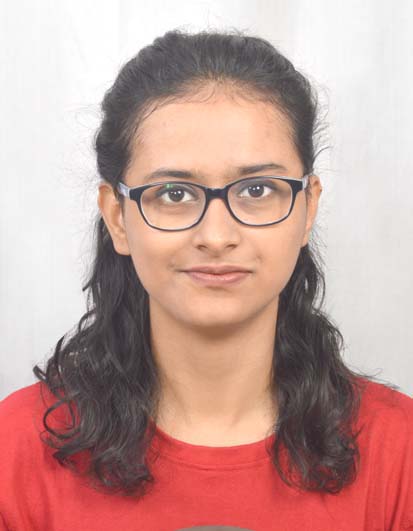
Ankita Sanyal is a doctoral candidate at Centre for West Asian Studies, Jawaharlal Nehru University, New Delhi. She worked as a summer intern at National Human Rights Commission, New Delhi in 2014 and participated in Global Initiative for Academic Networks, lecture on “Jerusalem and Abrahamic Faiths throughout the Ages” (November 2016); ICSSR-sponsored workshop on “Research Methodology Workshop in Social Sciences” (February 2019); and workshop on “Second Intensive Course on Women’s Studies in Islam and Iran” at the University of Religions and Denominations, Qom, Iran (August 2019). She currently has many publications and has presented papers in national and international conferences. She received certificate on completion of Level Two Persian Language course. Her area of interest includes minority studies, gender studies, cultural studies, education, peace and conflict studies.
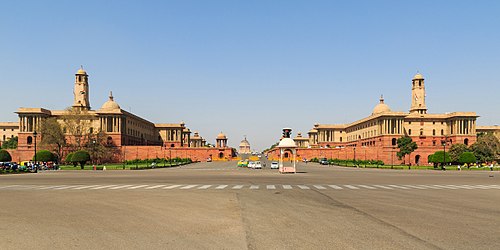
BILATERAL ISSUES BAHRAIN The CEO of LMRA highlights details on the new labour market reforms, .....
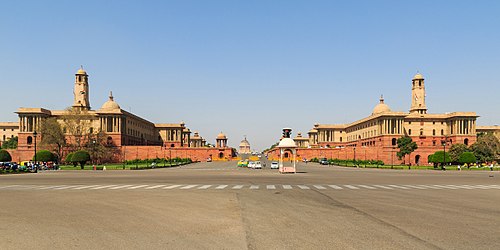
BILATERAL ISSUES EGYPT Raksha Mantri Shri Rajnath Singh to visit Egypt from September 19-20, 2.....
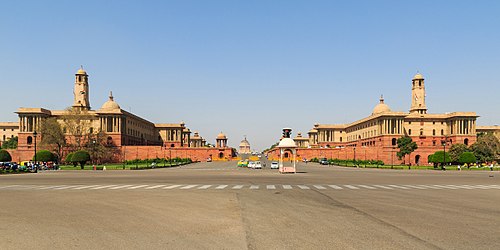
BILATERAL ISSUES IRAN Shri Sarbananda Sonowal visits Chabahar Port in Iran to Review work prog.....
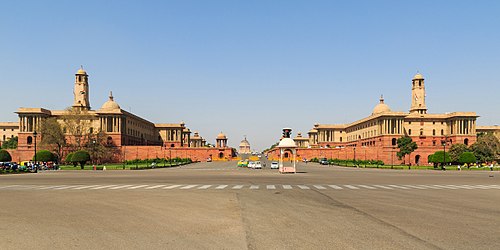
BILATERAL ISSUES BAHRAIN Deputy Chief of Naval Staff, India visits Kingdom of Bahrain, Manama,.....
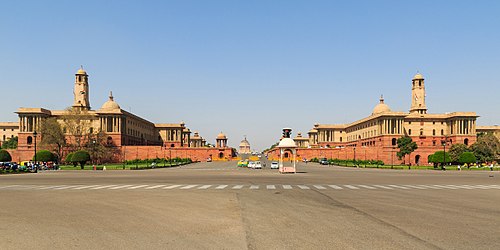
BILATERAL ISSUES BAHRAIN Buyer Seller Meet on Indian coffee between Indian exporters and Bahra.....
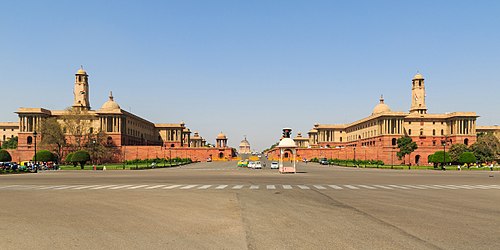
BILATERAL ISSUES BAHRAIN B2B meeting and Networking event between Bahraini & Indian IT com.....
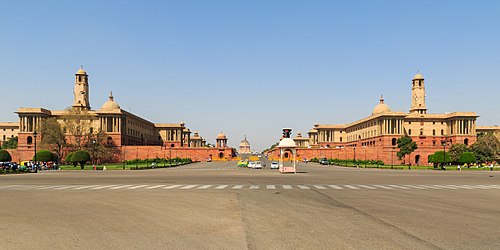
BILATERAL ISSUES OMAN Community Service Fortnight / Sewa Utsav’: ‘Celebration Thro.....
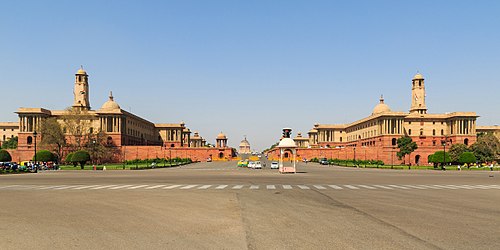
BILATERAL ISSUES BAHRAIN Virtual Buyer Seller Meet on agriculture and food products between In.....
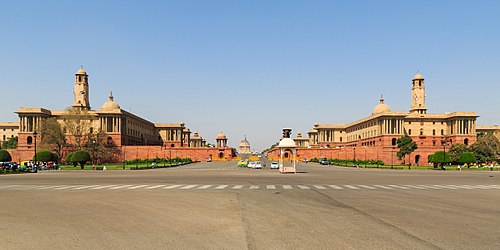
BILATERAL ISSUES BAHRAIN PM speaks on telephone with His Royal Highness Prince Salman bin Hama.....
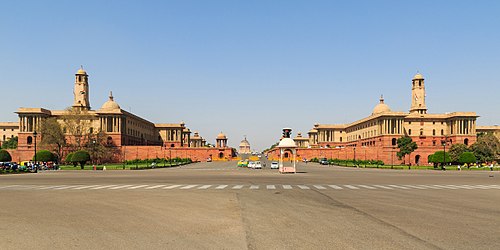
BILATERAL ISSUES ISRAEL Experts from India and Israel suggested expanding scope of India-Israe.....
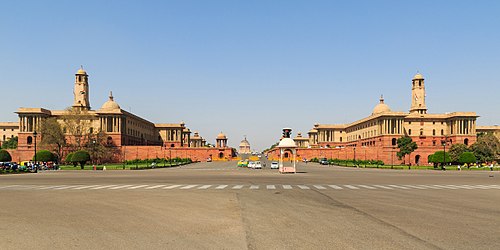
BILATERAL ISSUES BAHRAIN Press Release on virtual meeting between Minister for Education and S.....
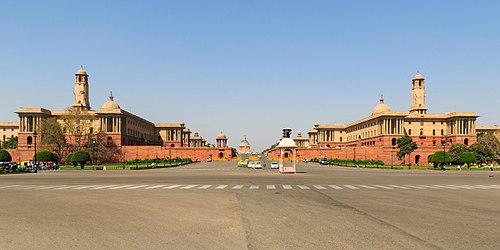
BILATERAL ISSUES BAHRAIN Ambassador’s visit to India Pavilion of Jewellery Arabia, Bahra.....
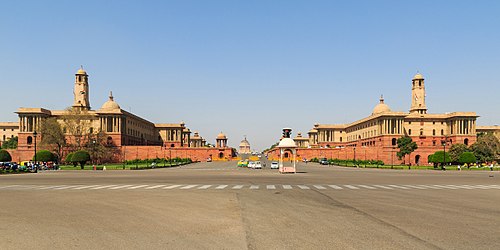
BILATERAL ISSUES BAHRAIN First consignment of GI tagged sweet dish Mihidana from West Bengal e.....
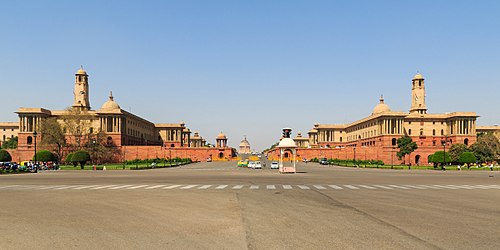
BILATERAL ISSUES ALGERIA Visit of Shri V. Muraleedharan, Minister of State for External Affair.....
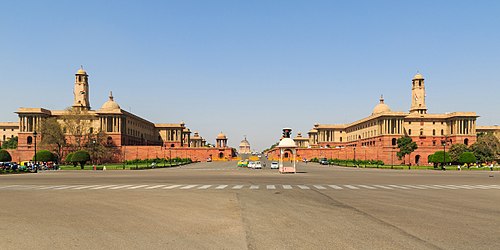
BILATERAL ISSUES ALGERIA INS TABAR undertook a bilateral Passage Exercise (PASSEX) with Algeri.....
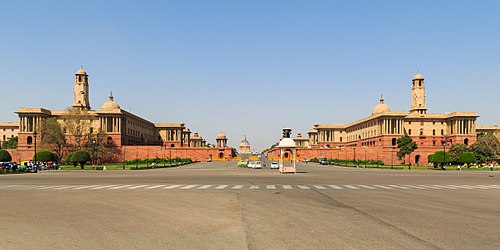
BILATERAL ISSUES BAHRAIN India expands mango export footprint to newer countries; GI certified.....
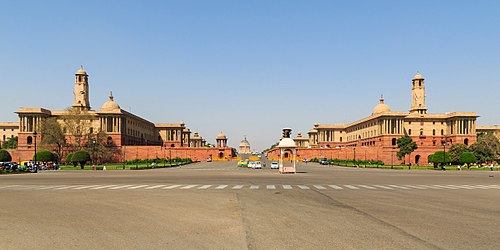
BILATERAL ISSUES ALGERIA APEDA in collaboration with Indian embassy organize virtual buyer sel.....
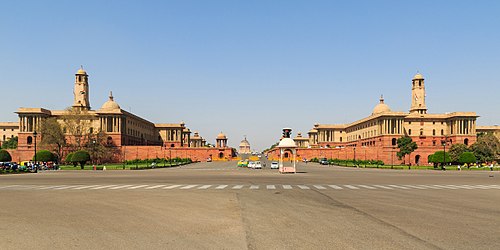
BILATERAL ISSUES EGYPT Procurement of 300,000 doses of Remdesivir from M/s EVA Pharma, Cairo, .....
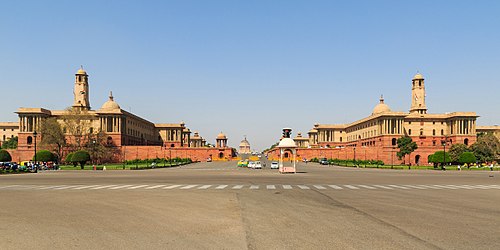
BILATERAL ISSUES BAHRAIN Third India-Bahrain High Joint Commission Meeting, New Delhi, 07 Apri.....
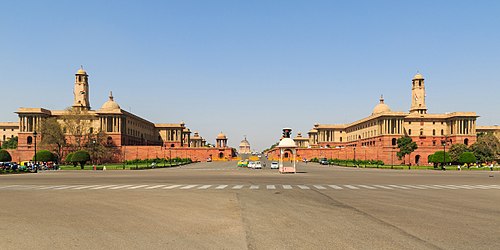
BILATERAL ISSUES BAHRAIN Indian Naval Ship Talwar’s Port Visit to Bahrain, Manama, 18 Ma.....
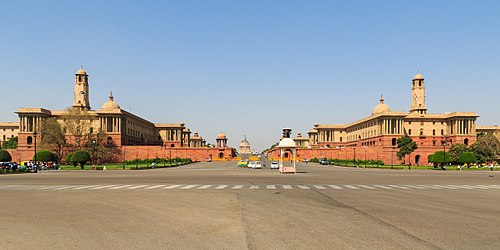
BILATERAL ISSUES IRAN Unstarred Question No.1475, Chabahar-Zaheden Railways Line, Lok Sabha, 1.....
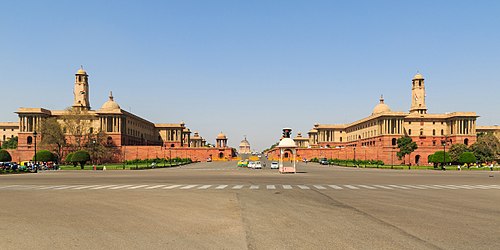
BILATERAL ISSUES IRAN Government of India strengthens cargo handling capacity of Chabahar Port.....
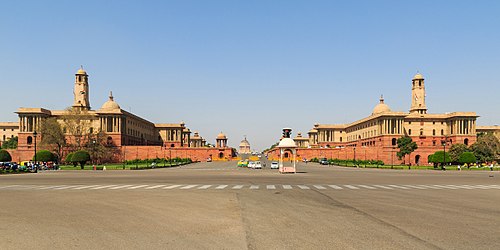
BILATERAL ISSUES BAHRAIN Warm greetings from Indian leadership on the occasion of Bahrain&rsqu.....
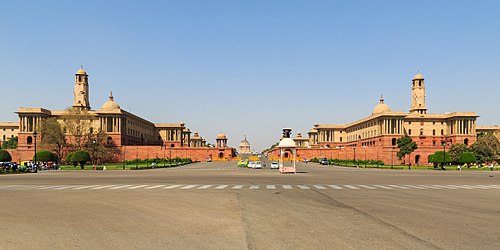
BILATERAL ISSUES BAHRAIN Prime Minister condoles the passing away of His Royal Highness Prince.....
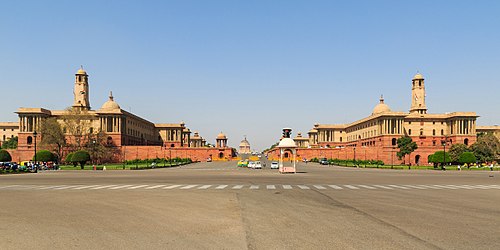
BILATERAL ISSUES BAHRAIN A B2B Webinar on Enhancing Opportunities in Pharmaceuticals and Alter.....
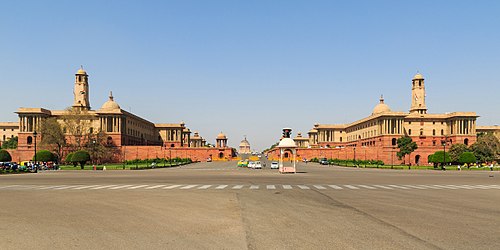
BILATERAL ISSUES IRAN Raksha Mantri Shri Rajnath Singh holds meeting with Iran's Minister .....
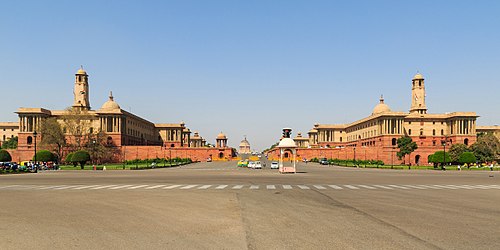
BILATERAL ISSUES ISRAEL Statement by the Official Spokesperson on the full normalisation of re.....
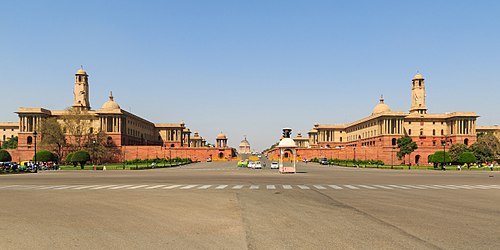
BILATERAL ISSUES ISRAEL Raksha Mantri Shri Rajnath Singh and Israeli Defence Minister telephon.....
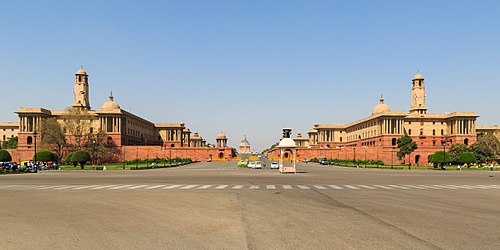
BILATERAL ISSUES IRAN Indian Navy Commences evacuation of citizens from Islamic Republic of Ir.....
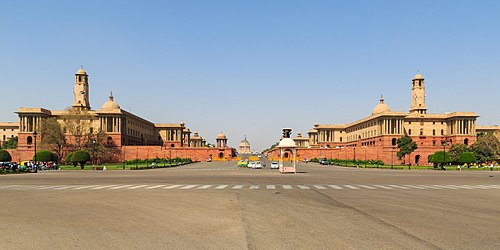
BILATERAL ISSUES EGYPT Phone call between Prime Minister Shri Narendra Modi and His Excellency.....
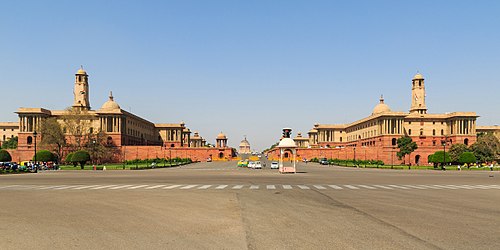
BILATERAL ISSUES BAHRAIN Telephone Conversation between PM and King of the Kingdom of Bahrain,.....
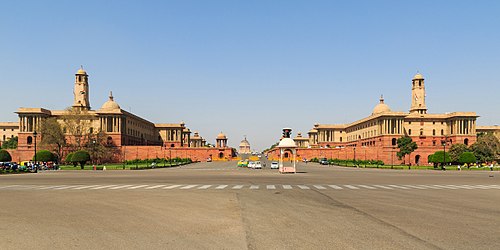
BILATERAL ISSUES IRAN IAF C-17 ‘Globemaster’ takes off for Iran, New Delhi, 9 Marc.....
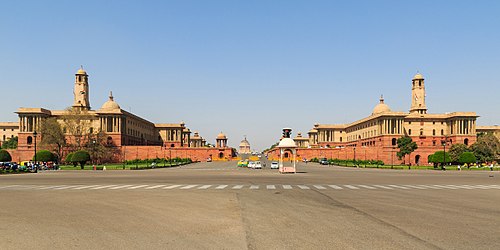
BILATERAL ISSUES IRAQ Travel Advisory for Indian Nationals travelling to Iraq, New Delhi, 19 F.....
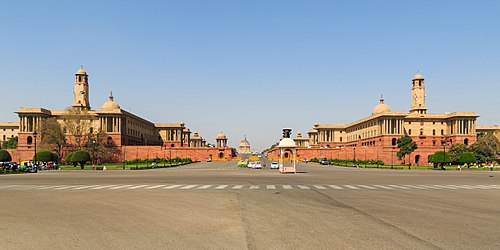
BILATERAL ISSUES EGYPT Photo exhibition on “Making of Indian Constitution and Life of Dr.....
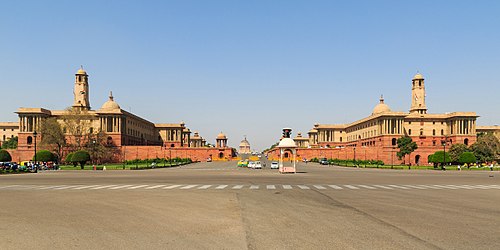
BILATERAL ISSUES EGYPT Prize Distribution Function of “Glimpses of India” Painting.....
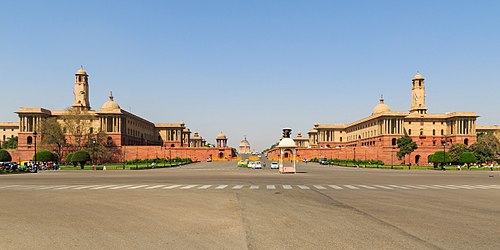
BILATERAL ISSUES EGYPT Consular Camp in Port Said on 22 November 2019, Cairo, 19 November 2019.....
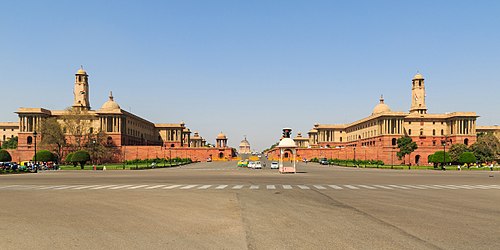
BILATERAL ISSUES JORDAN Meeting between Prime Minister and King of Jordan in Riyadh, Riyadh, 2.....
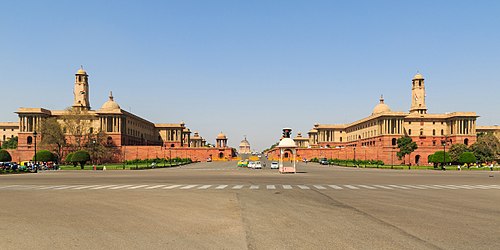
BILATERAL ISSUES a. IRAN Foreign Office Consultations between India and Iran, Tehran, 16 Septe.....
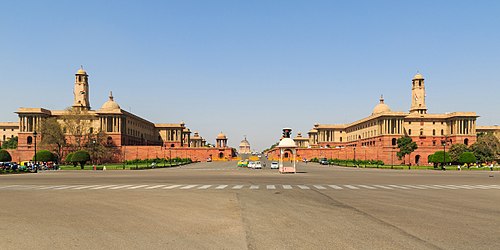
BILATERAL ISSUES a. BAHRAIN State Visits of Prime Minister to Bahrain (August 24-25, 2019), Ne.....
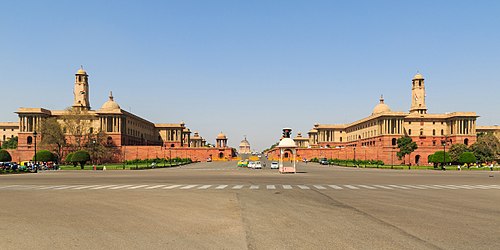
BILATERAL ISSUES BAHRAIN Cabinet approves Memorandum of Understanding between India and B.....
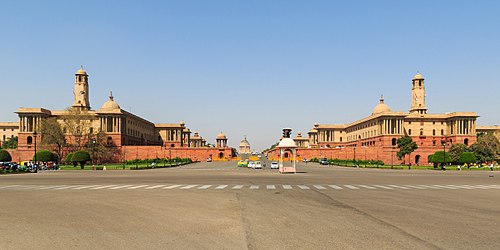
BILATERAL ISSUES IRAN UNSTARRED QUESTION No. 662 MPACT OF AMERICAN BAN ON CHABAHAR PORT, Rajya.....
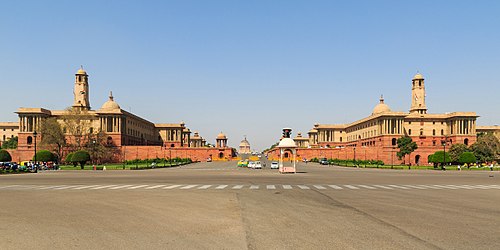
BILATERAL ISSUES IRAN 11th India Iran Joint Consular Committee Meeting (JCCM), New Delhi, 16 M.....
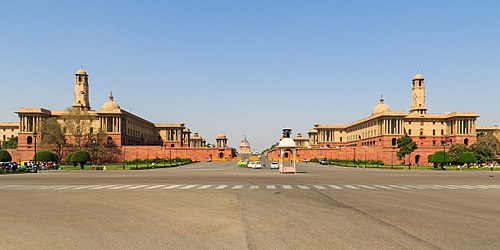
IRAN India extends relief assistance to Iran after recent floods, Tehran, 17 April 2019 In lin.....
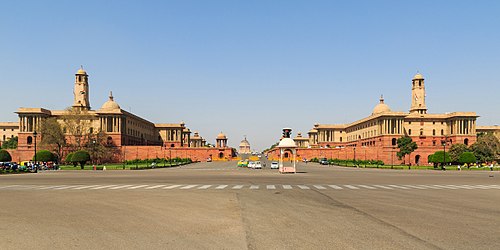
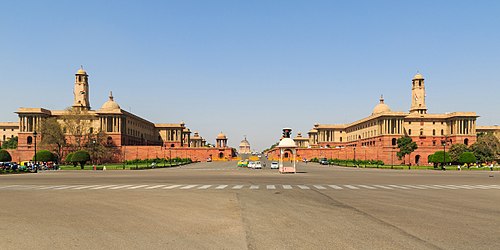
BILATERAL ISSUES EGYPT India condemns terrorist attacks in Egypt, New Delhi, 22 February 2019 .....
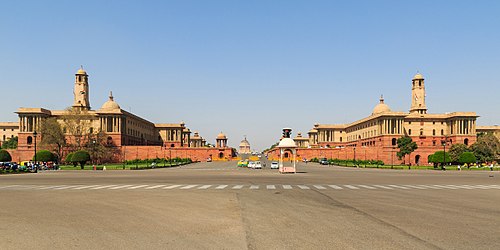
BILATERAL ISSUES ALGERIA Visit of Foreign Minister of Algeria to India (January 30-February 01.....
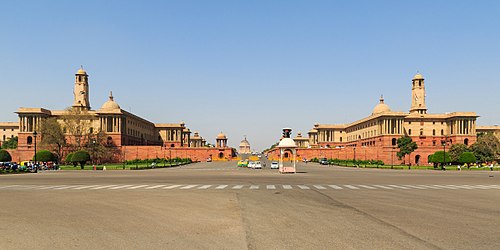
ALGERIA Cabinet approves Agreement between India and Algeria on Cooperation in the field of Space.....
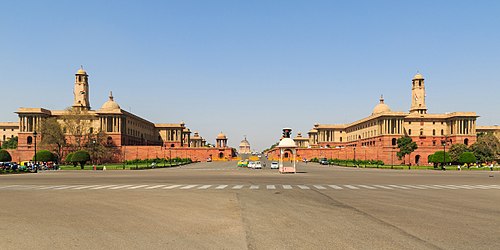
BILATERAL ISSUES IRAQ Jaipur Foot Camp in Karbala, Karbala, 21 November 2018 A 40-day Artif.....
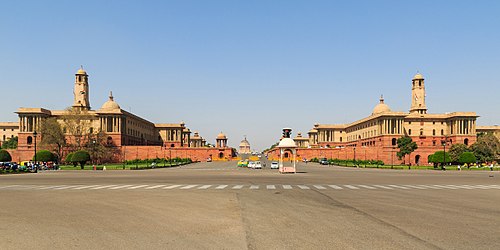
BILATERAL ISSUES KUWAIT Visit of External Affairs Minister to State of Qatar and State of Kuwa.....
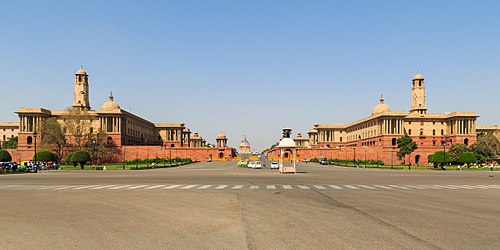
BILATERAL ISSUES EGYPT Cabinet approves MoU between India and Egypt on cooperation in the fiel.....
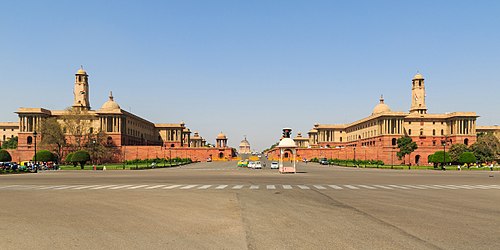
BILATERAL ISSUES BAHRAIN Question No. 3566, Unpaid Workers in Bahrain, Lok Sabha, New Delhi, 0.....
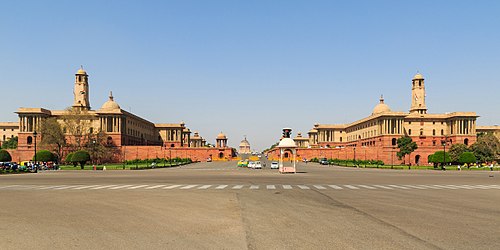
BILATERAL ISSUES BAHRAIN Visit of External Affairs Minister to Manama, Bahrain (July 14-15, 20.....
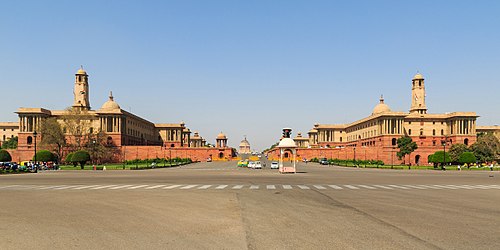
BILATERAL ISSUES BAHRAIN Cabinet approves MoU between India and Bahrain on cooperation in the .....
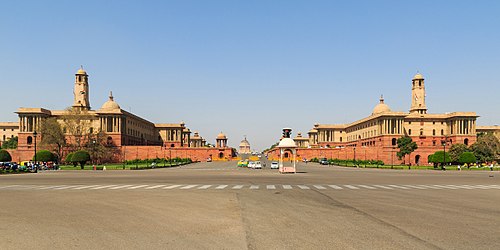
BILATERAL ISSUES IRAN External Affairs Minister’s meeting with Iranian Foreign Minister,.....
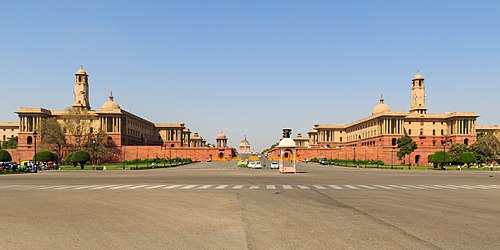
BILATERAL ISSUES IRAN Cabinet approves MoU between India and Iran on the establishment of an e.....
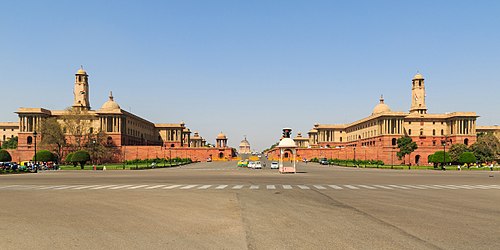
(Monthly Digest of Official Indian Statements on Middle East) BILATERAL ISSUES EGYPT Mr. Sa.....
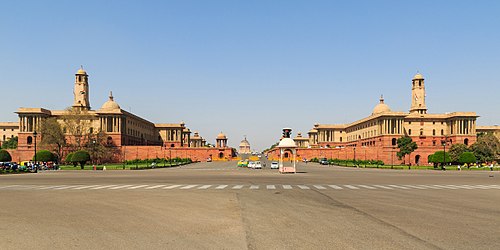
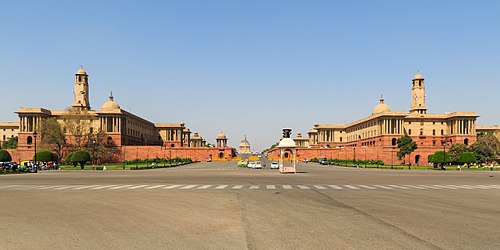
(Monthly Digest of Official Indian Statements on Middle East) BILATERAL ISSUES IRAN Launch .....
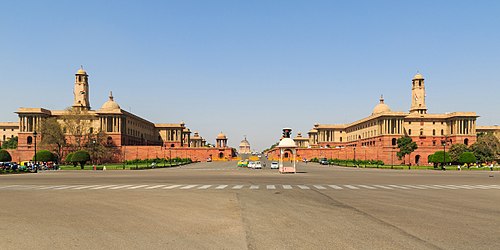
(Monthly Digest of Official Indian Statements on Middle East) BILATERAL ISSUES &.....
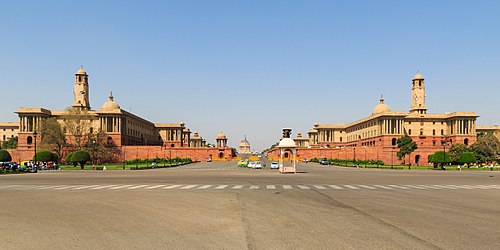
BILATERAL ISSUES a. EGYPT 1. H.E. Col. Rajyavardhan Singh Rathore, Minister of State for Youth.....
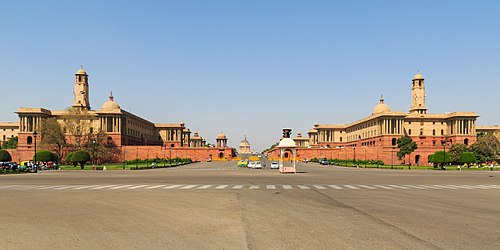
BILATERAL ISSUES a. IRAQ 1. India’s position on the Referendum held in the Kurdistan Reg.....

BILATERAL ISSUES BAHRAIN Visit of External Affairs Minister to Manama, Bahrain (July 14-15, 2018), New D.....

BILATERAL ISSUES BAHRAIN Cabinet approves MoU between India and Bahrain on cooperation in the field of H.....

BILATERAL ISSUES IRAN External Affairs Minister’s meeting with Iranian Foreign Minister, New Delhi.....

BILATERAL ISSUES IRAN Cabinet approves MoU between India and Iran on the establishment of an expert grou.....

(Monthly Digest of Official Indian Statements on Middle East) BILATERAL ISSUES EGYPT Mr. Sameh Hassan.....


(Monthly Digest of Official Indian Statements on Middle East) BILATERAL ISSUES IRAN Launch of Admissi.....

(Monthly Digest of Official Indian Statements on Middle East) BILATERAL ISSUES .....
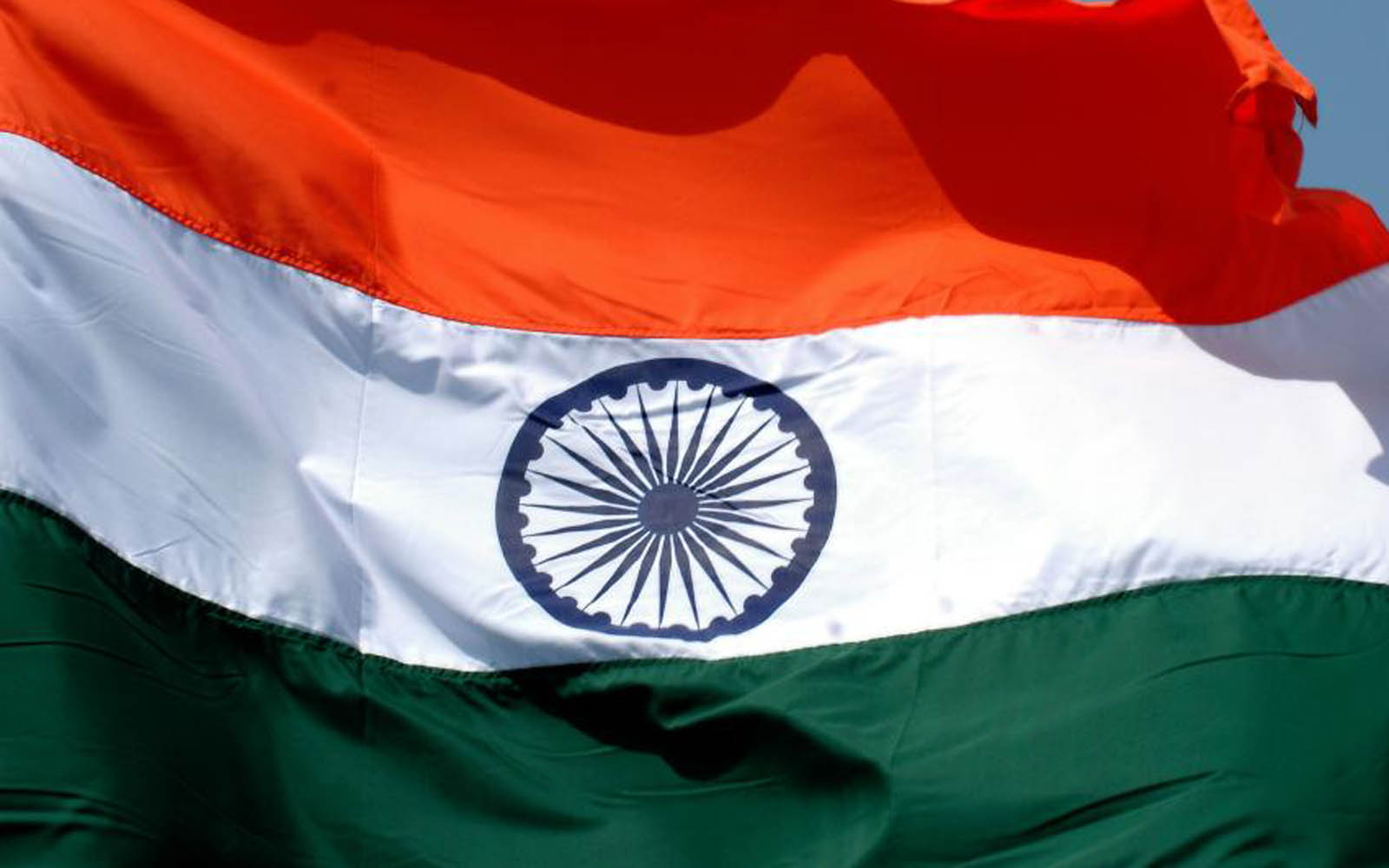
INDIA WATCH, JULY 2018, ISSUE NO. 102 POLITICAL IRAN US tells India, China to end o.....
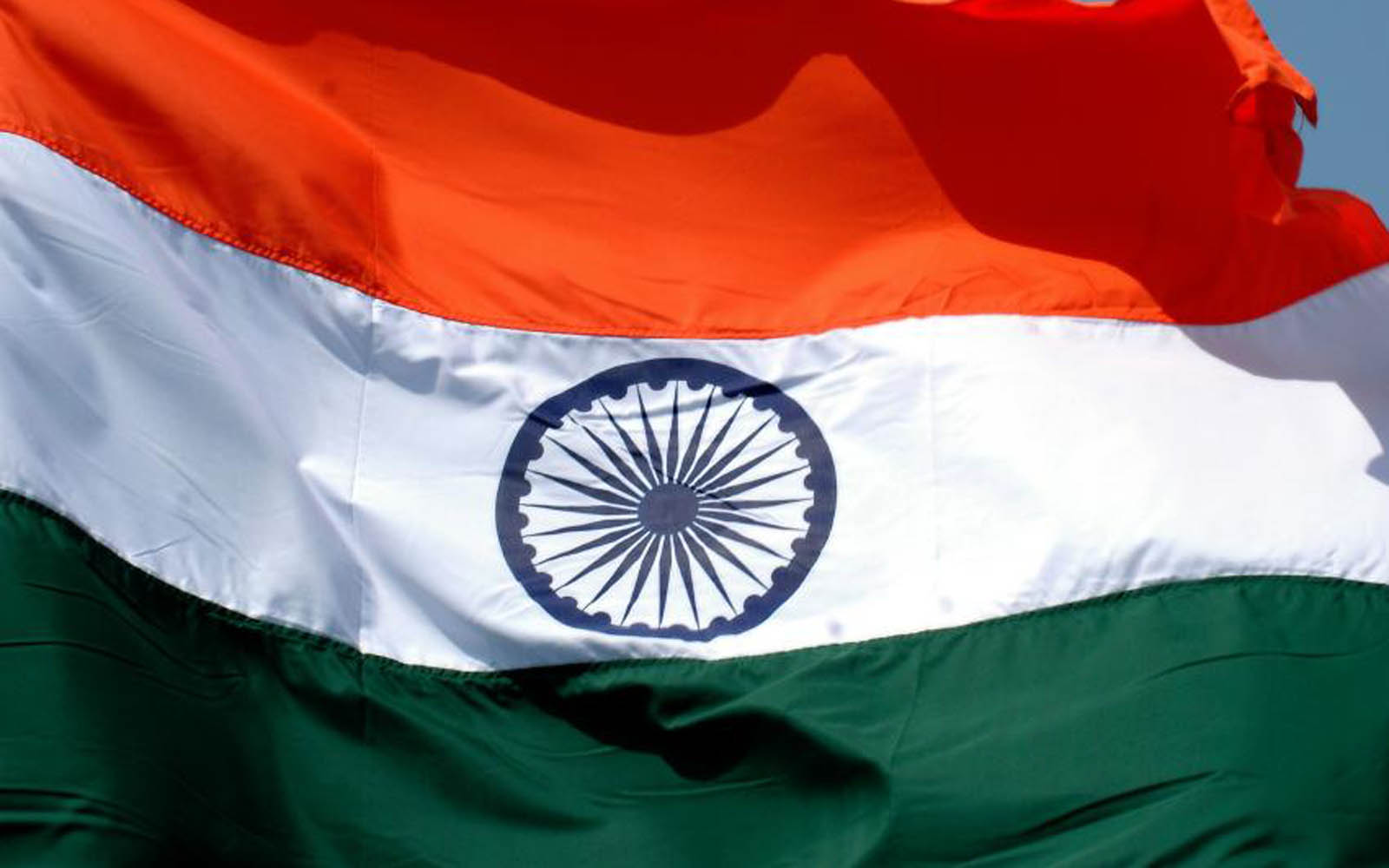
INDIA WATCH, JUNE 2018, ISSUE NO. 101 POLITICAL EGYPT India-Egypt economic ties improving: out.....
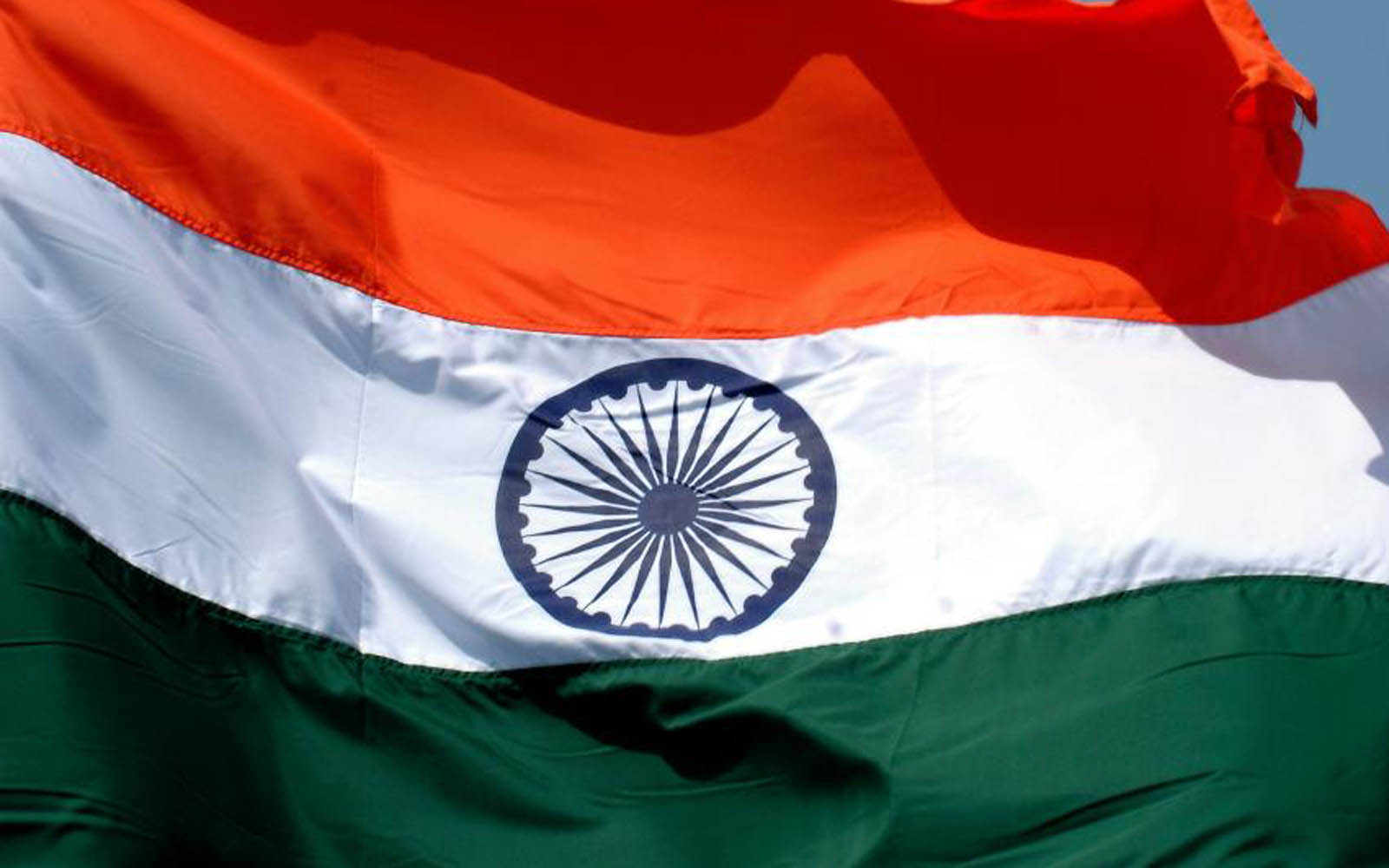
INDIA WATCH, MAY 2018, ISSUE NO.100 POLITICAL IRAN Iran urges for restraint in Jammu and Ka.....
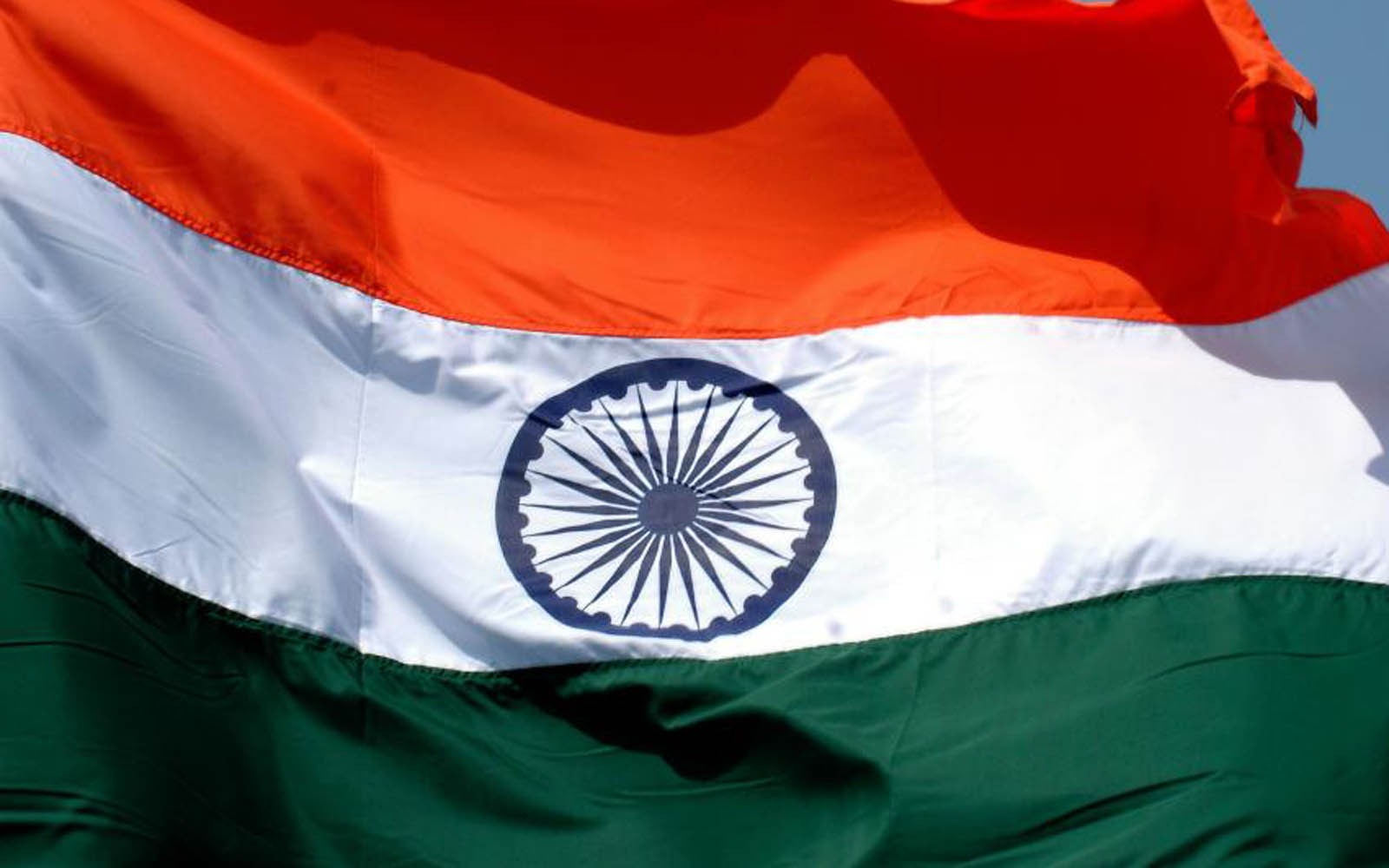
POLITICAL EGYPT Egypt signs agreement to join International Solar Alliance Cairo, Sunday, 11 March 20.....
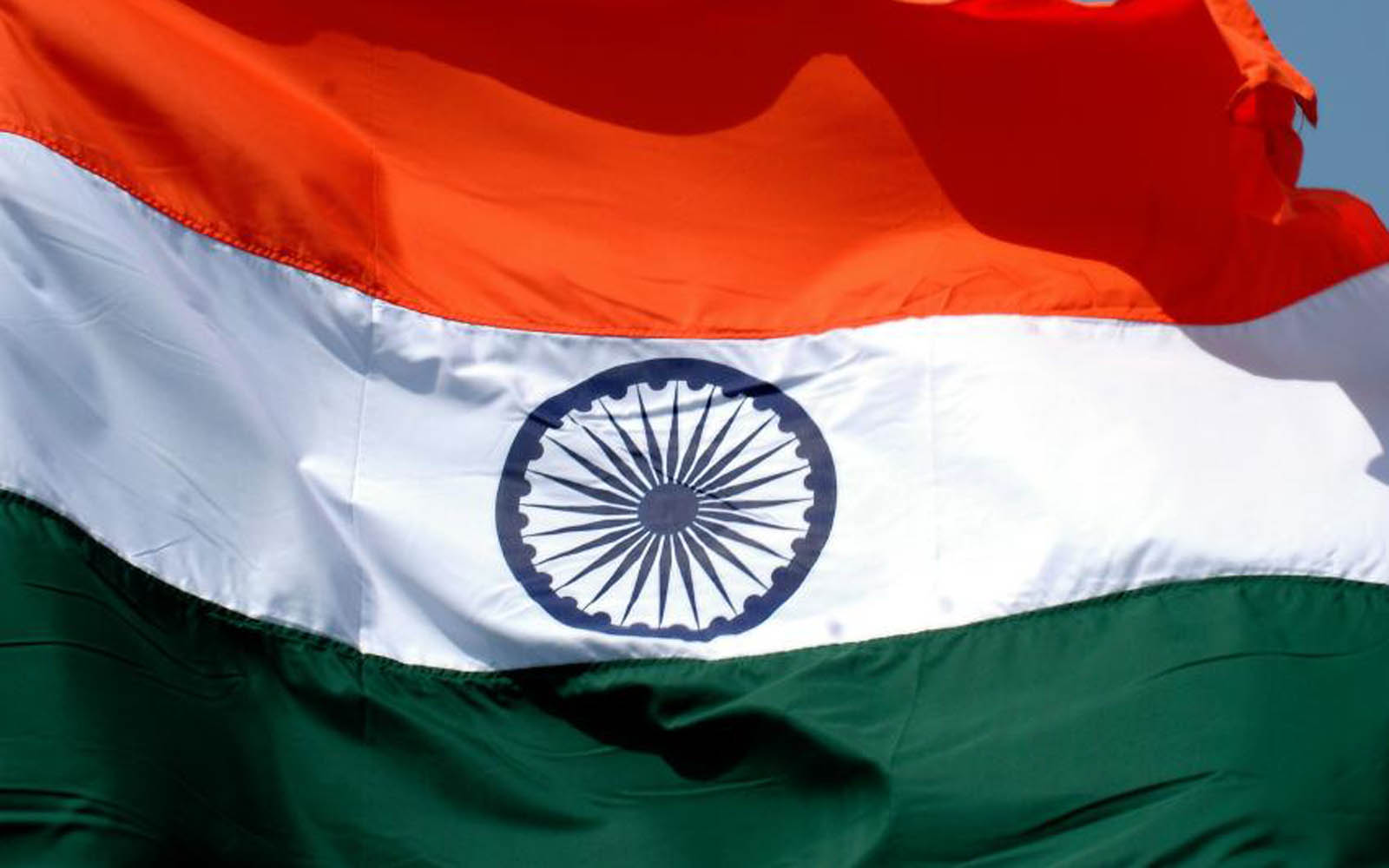
POLITICAL IRAN Iran president meets with religious scholars in Hyderabad Hyderabad, Friday, 16 Februa.....
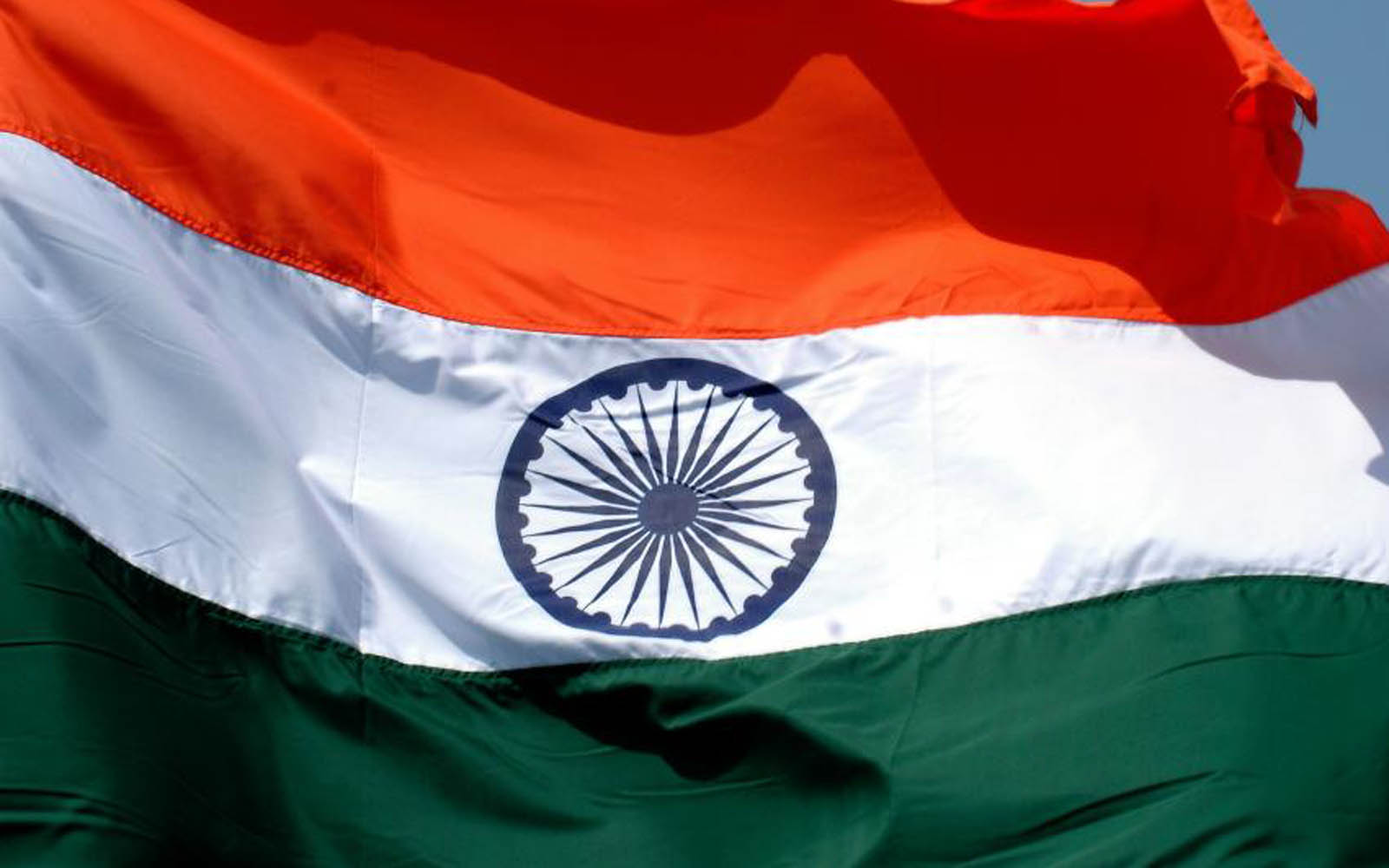
POLITICAL BAHRAIN Rahul Gandhi in Bahrain New Delhi, Tuesday, 9 January 2018 Addressing NRIs in Ba.....
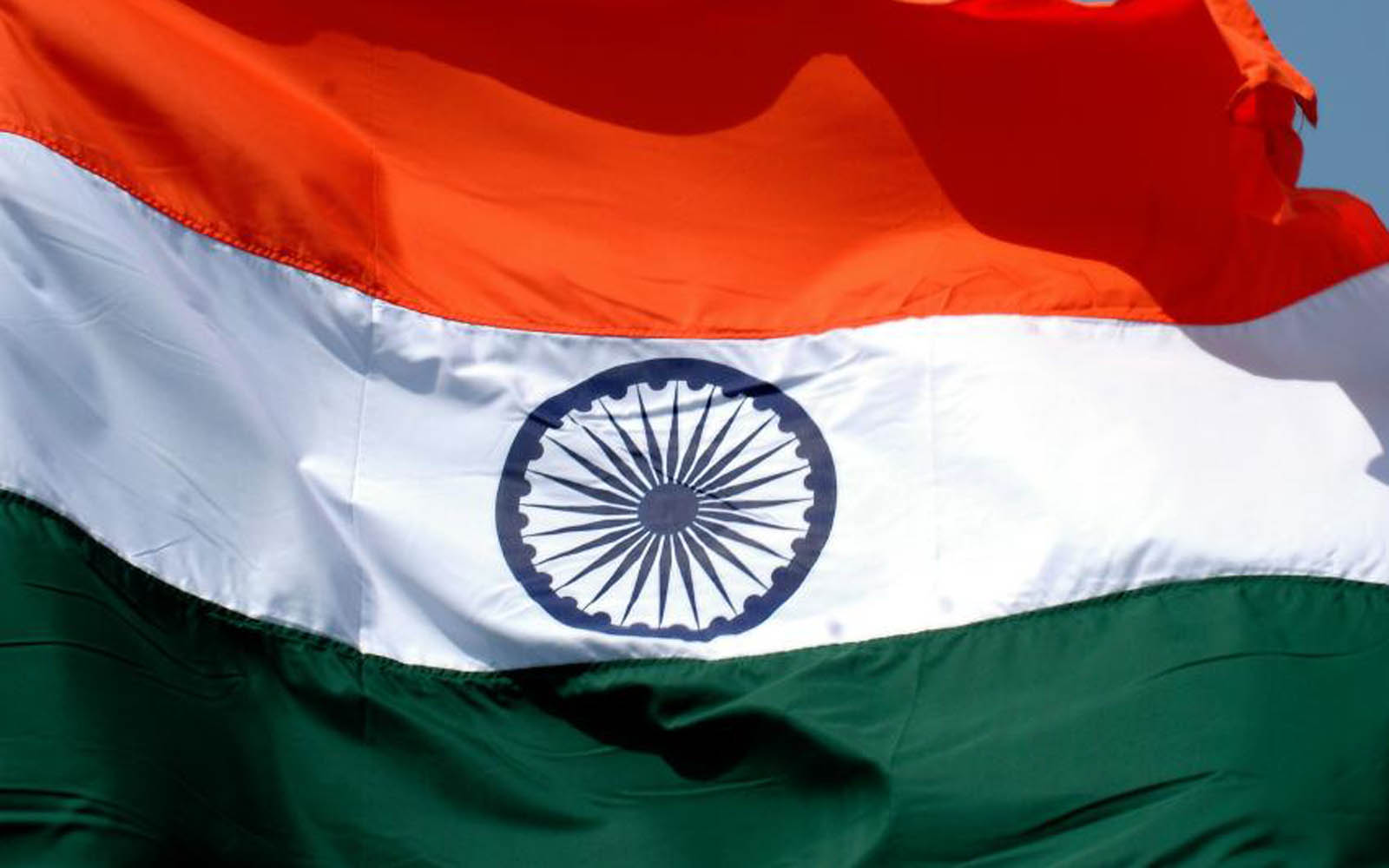
1 January 2018 POLITICAL EGYPT India to set up IT centre in Egypt's Al Azhar University.....
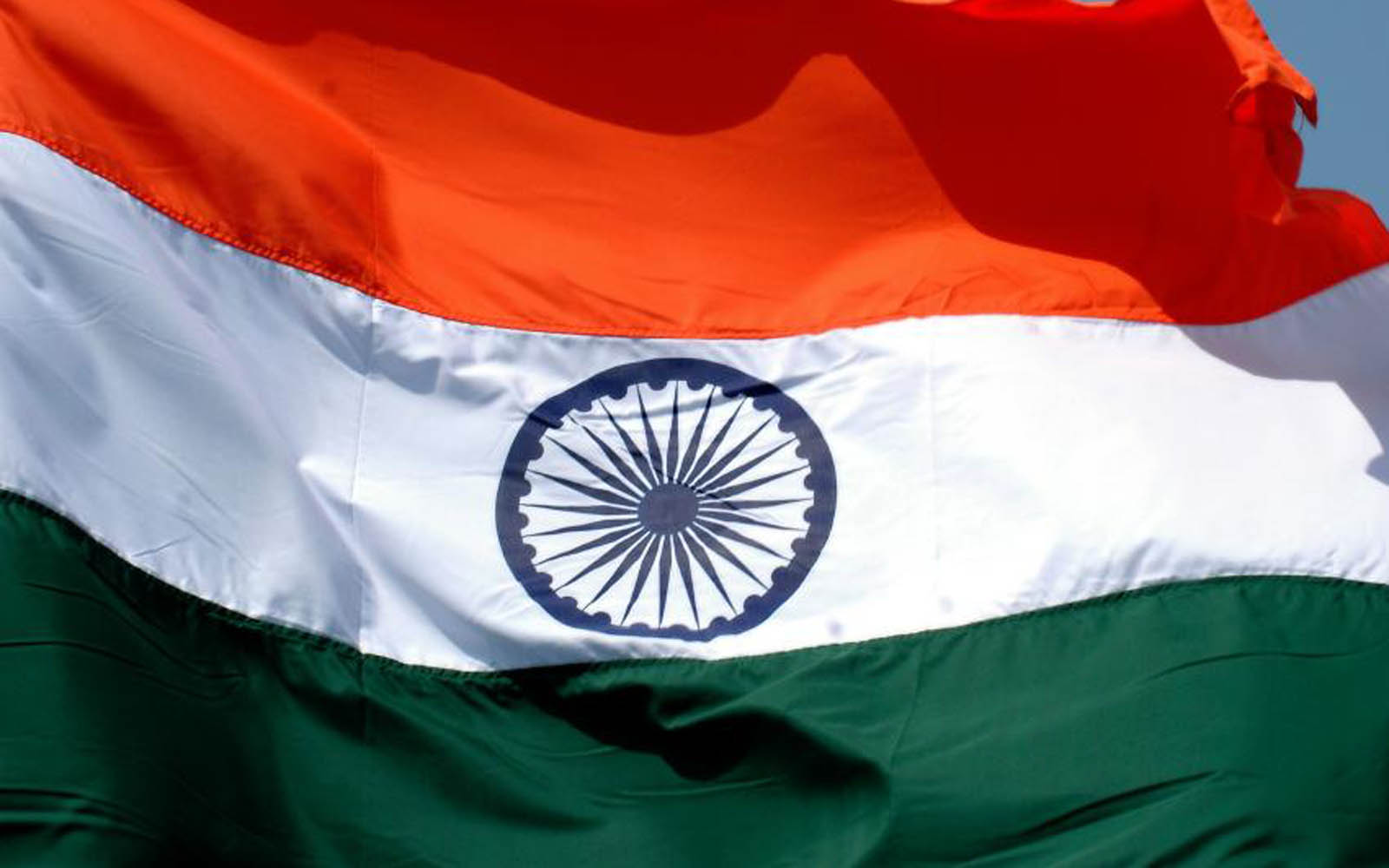
POLITICAL ISRAEL Ministry of Defence scraps $500 million Israeli missile deal, wants DRDO to make in&nbs.....
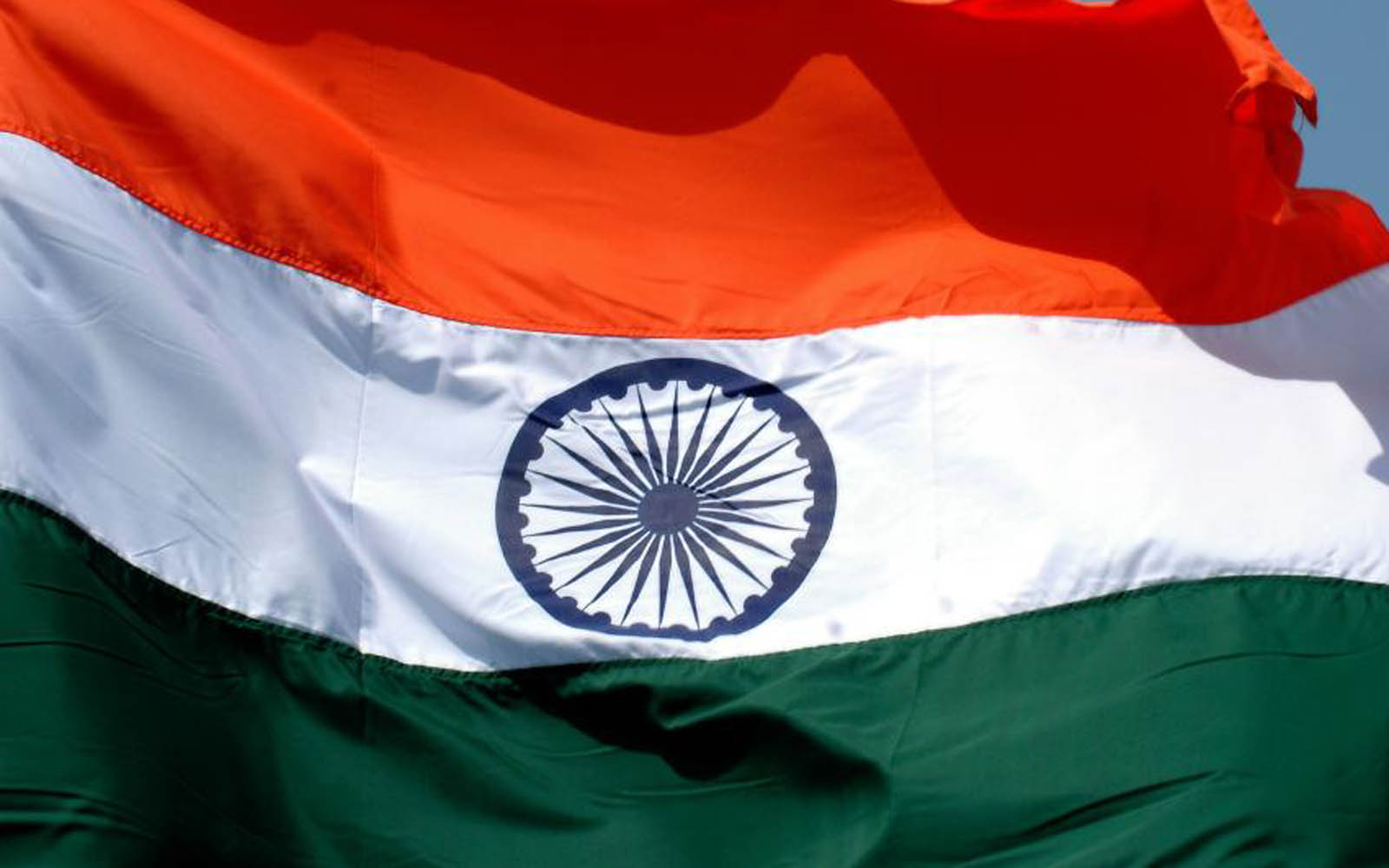
POLITICAL IRAN India defends diplomatic ties with Iran in talks with Rex Tillerson New Delh.....
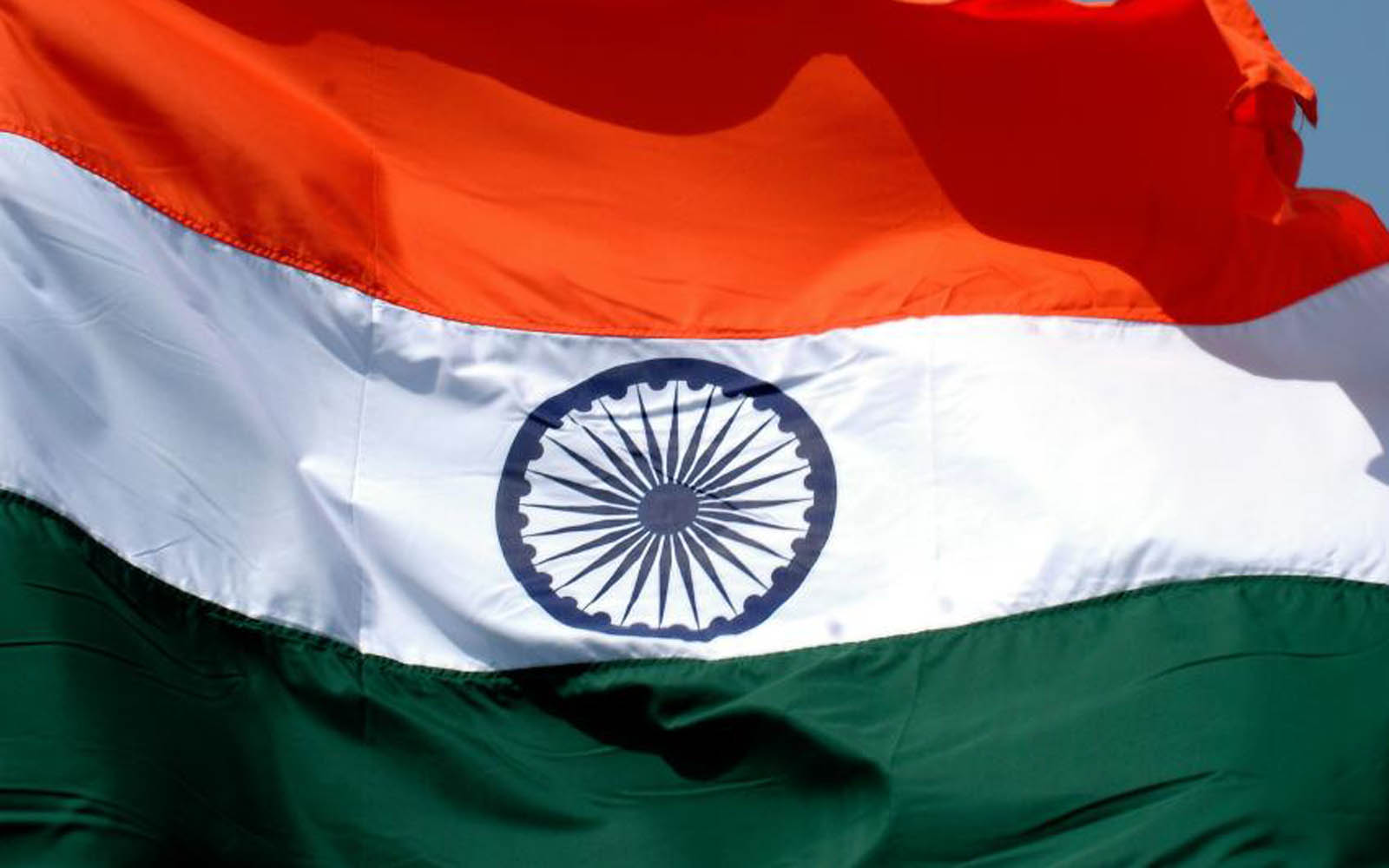
POLITICAL ISRAEL India to bid for Israel oil-and-gas exploration blocks New Delhi, Tuesday, 5 Septemb.....
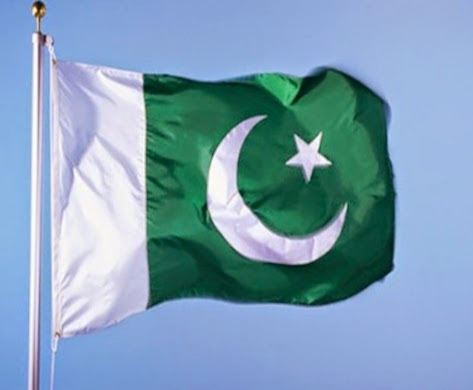
Pakistan Watch, August Issue 2018, No. 93, Divya Malhotra POLITICAL ISSUES TUNISIA Pakista.....
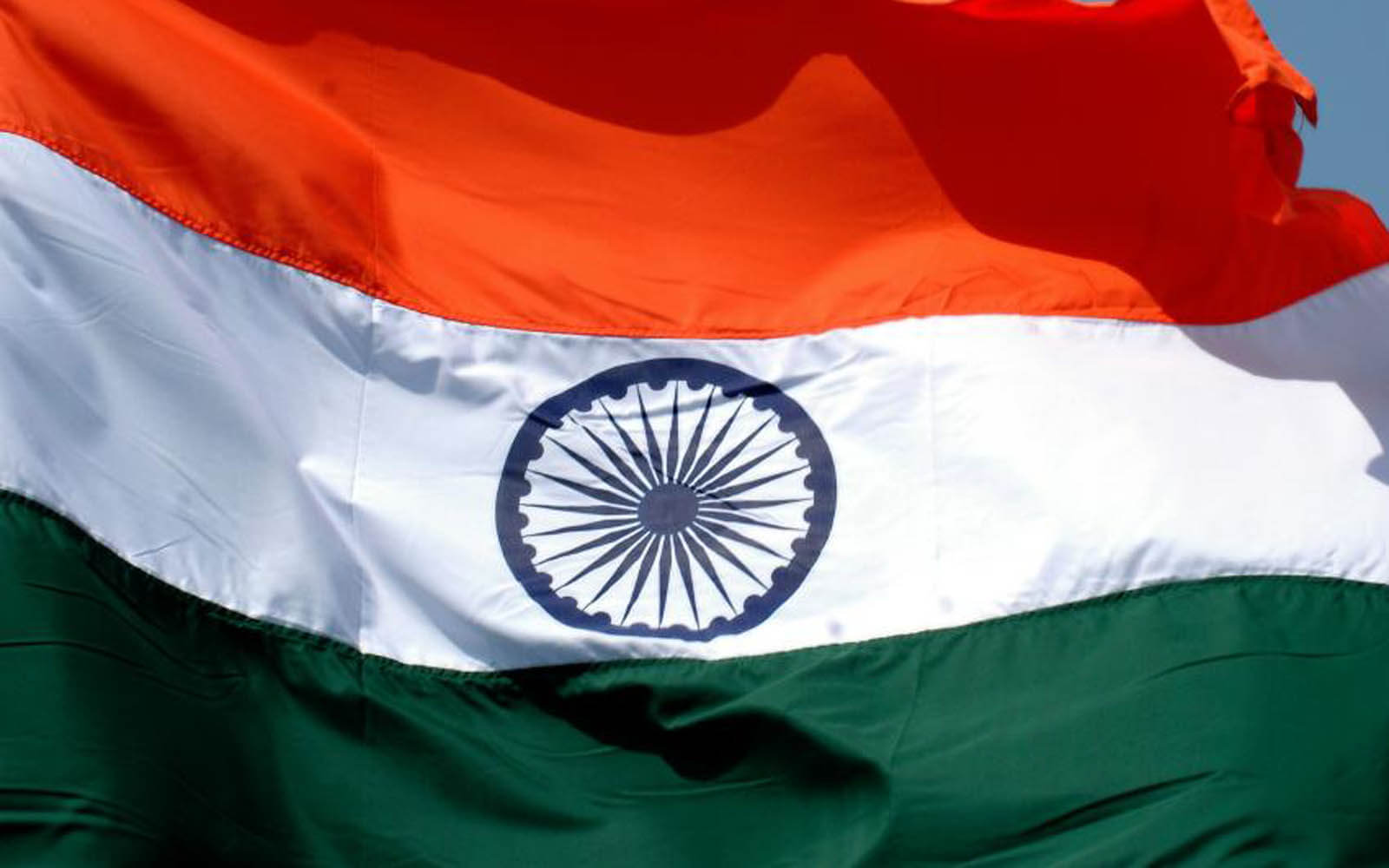
POLITICAL ISSUES EGYPT 1. India, Egypt to support each other’s candidates for UNESCO, ICJ .....
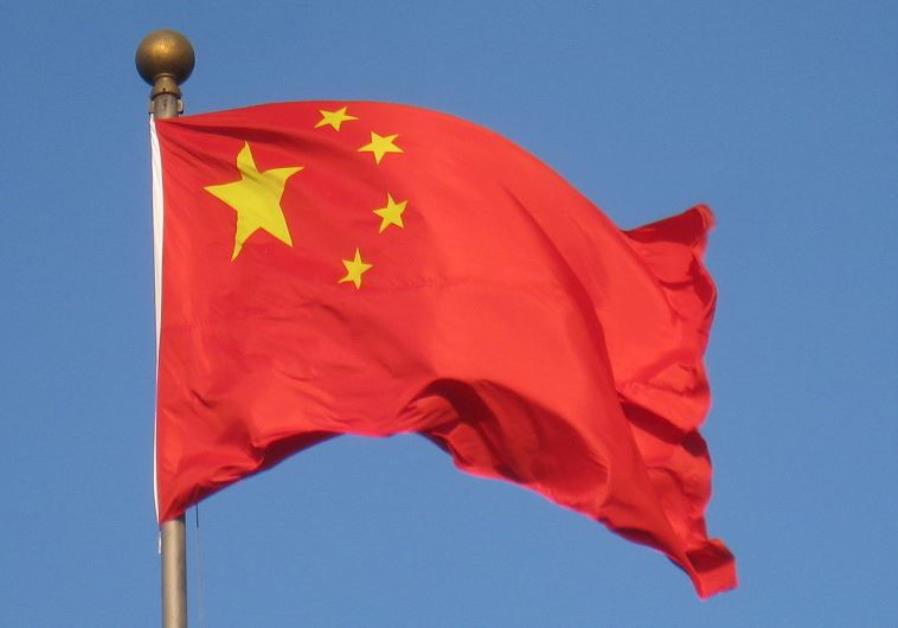
POLITICAL IRAN China urges Salvaging of Iran nuclear deal Beijing, Wednesday, 9 May 2018 China has.....
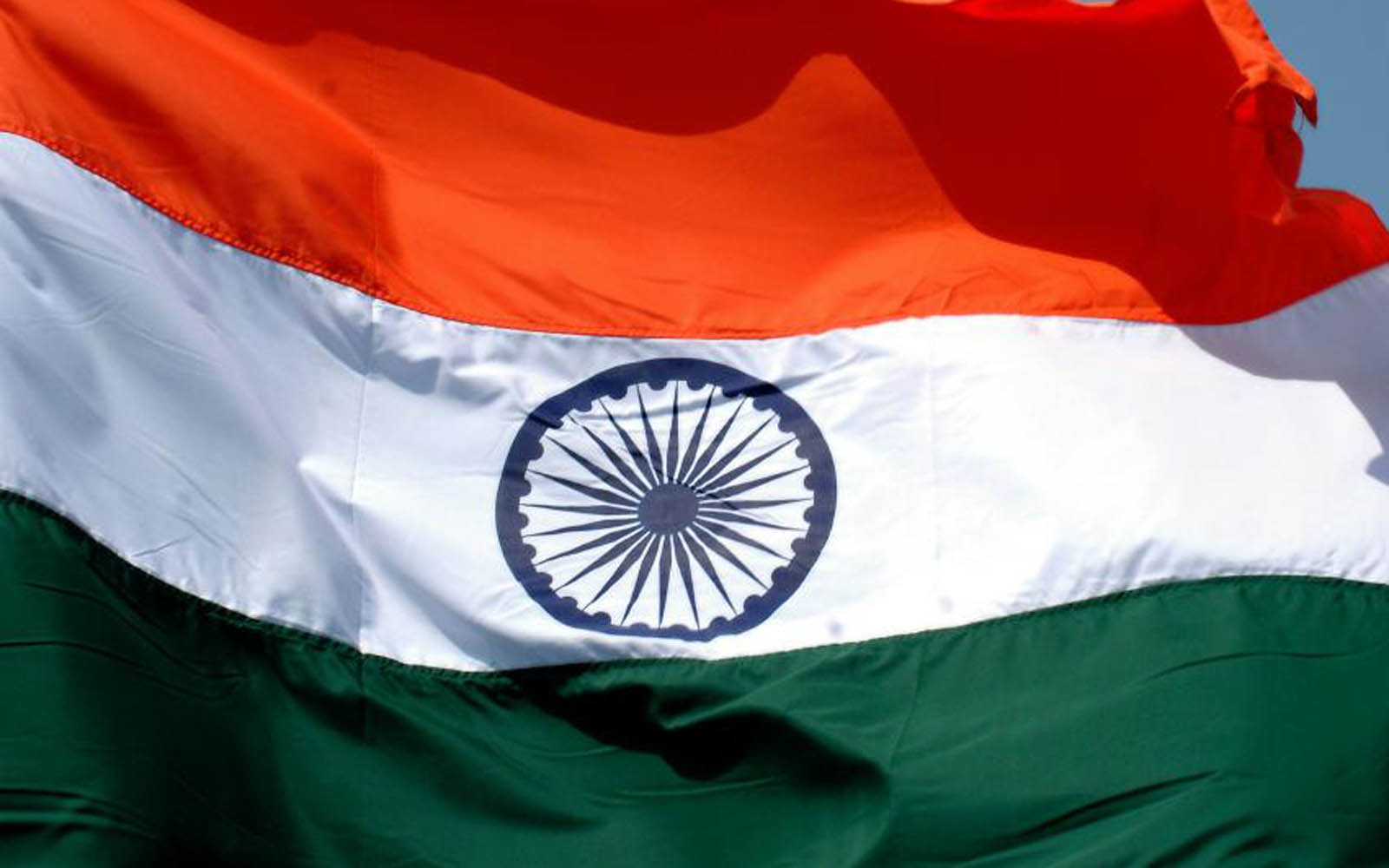
POLITICAL ISSUES IRAN 1. Cabinet approves Bilateral MoU between India and Iran New Delhi, Wednesday, .....
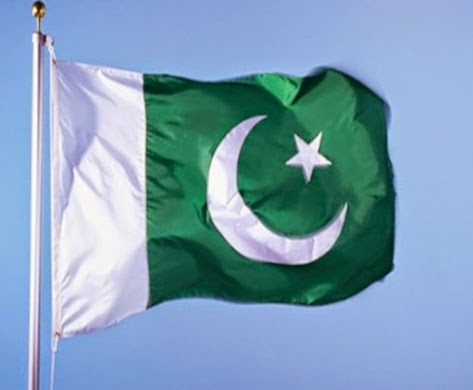
IRAN Defence Minister of Iran meets Pakistan’s Minister for Defence Engineer Islamabad, Saturday,.....
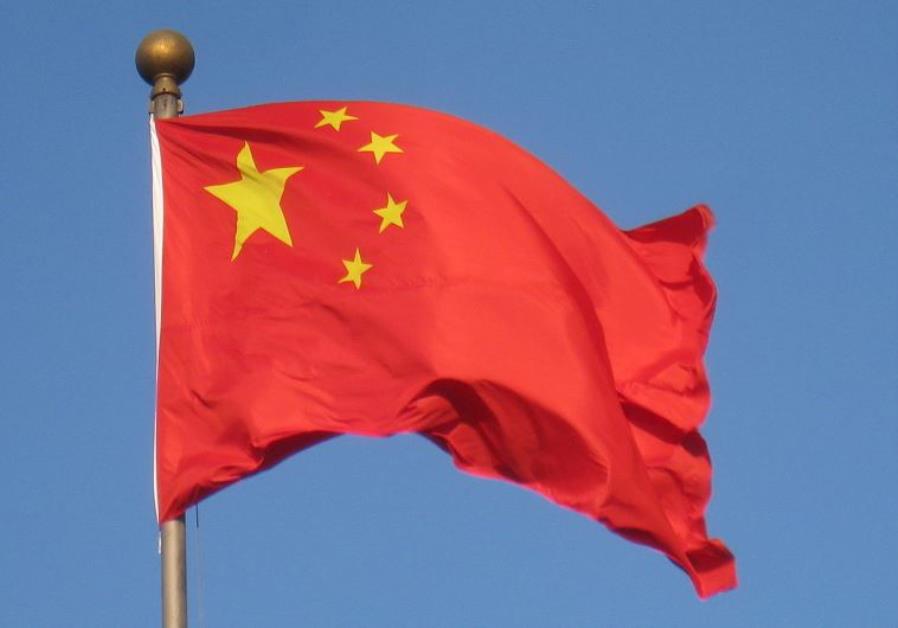
ECONOMIC KUWAIT Kuwait calls for increase in investment from China Kuwait City, Tuesday, 20 March 201.....
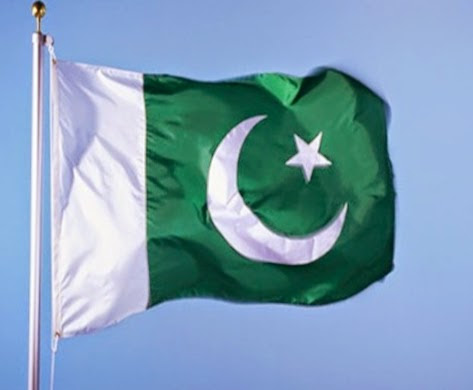
POLITICAL ISSUES EGYPT The Grand Mufti of Egypt visited Pakistan Islamabad, Thursday, 22 March 2018.....
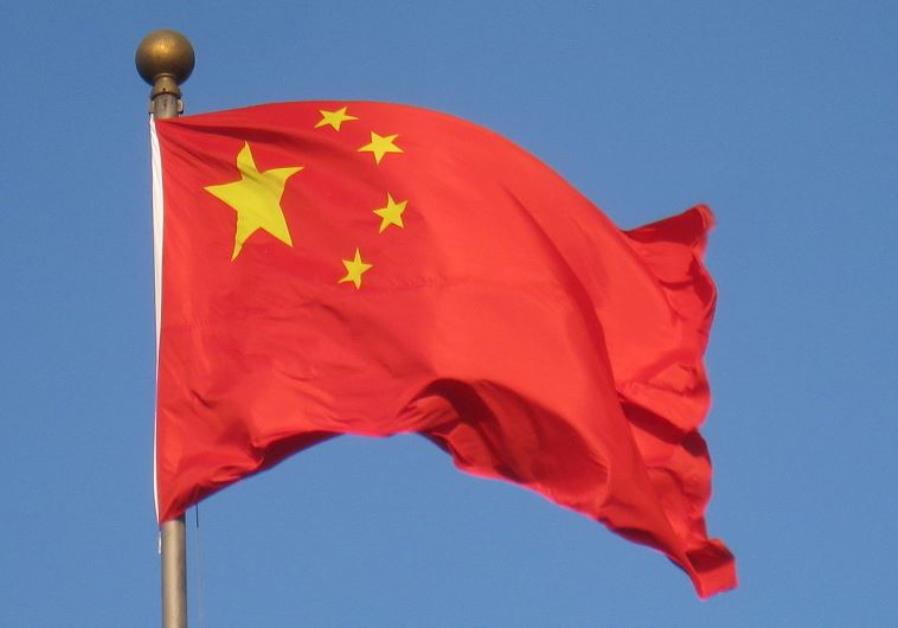
POLITICAL ISSUES IRAN China sets up traffic control area Beijing, Thursday, 1 February 2018 China .....
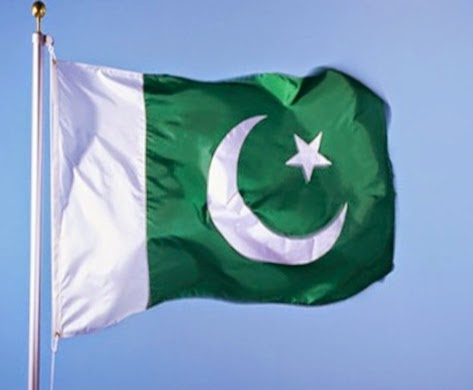
POLITICAL ISSUES EGYPT Six arrested Pakistanis released by Egypt’s court Islamabad, Wednesday,.....
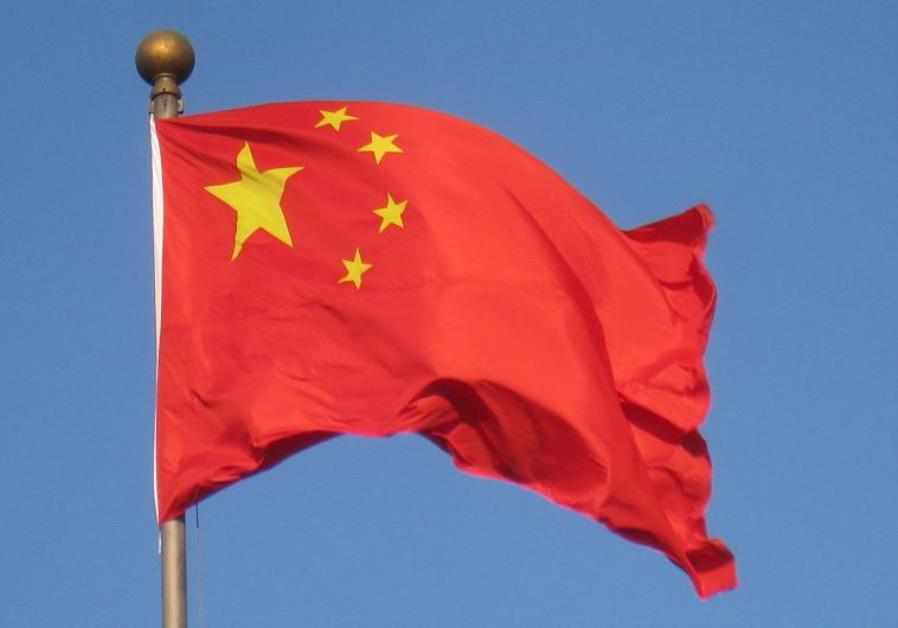
POLITICAL ISSUES IRAN China calls for cherishing Iran Nuclear Deal Beijing, Saturday, 13 January 2018.....
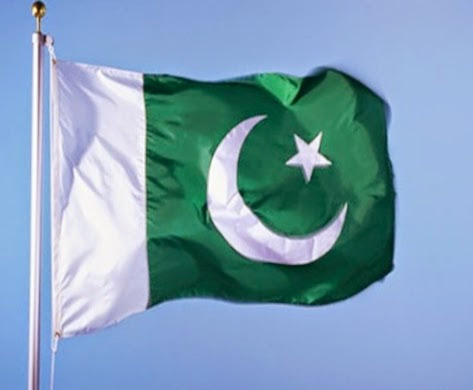
POLITICAL ISSUES LEBANON Pakistan, Lebanon discuss bilateral ties Islamabad, Tuesday, 2 January 2018.....
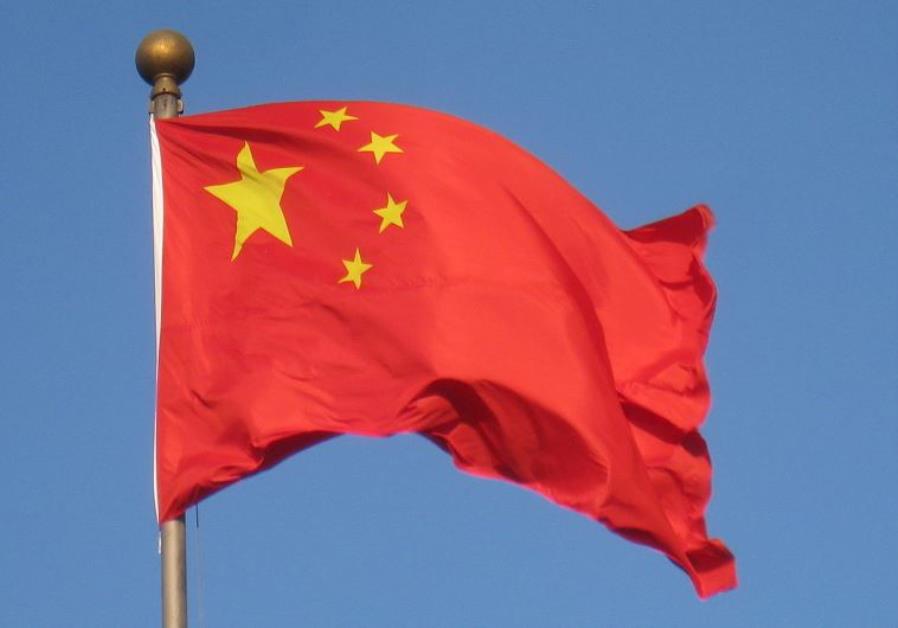
POLITICAL ISSUES IRAN Iran and China to boost their military relations Beijing, Tuesday, 12 December.....
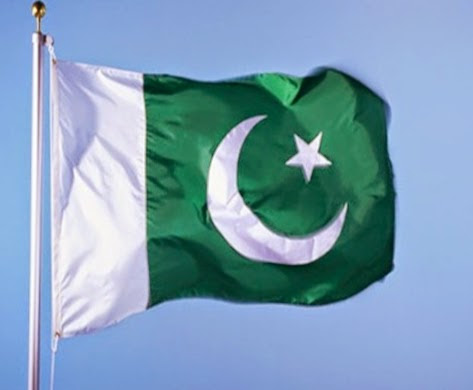
POLITICAL ISSUES QATAR Pakistan, Lebanon discuss bilateral ties Islamabad, Tuesday, 5 December 2017 .....
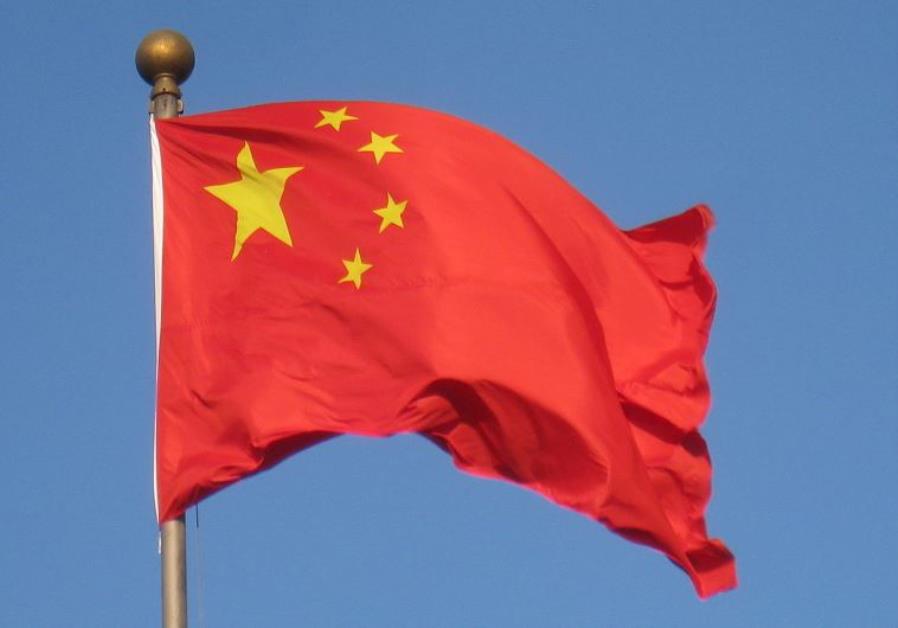
POLITICAL ISSUES EGYPT China-Egypt vows to promote comprehensive strategic partnership Sharm el Sheik.....
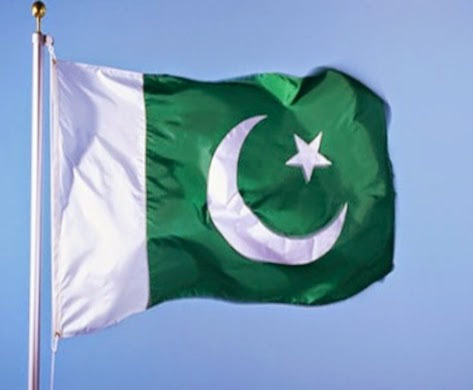
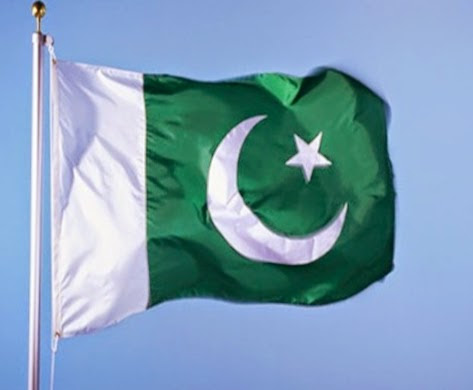
POLITICAL ISSUES BAHRAIN Bahrain health minister visits Pakistan Islamabad, Sunday, 8 .....
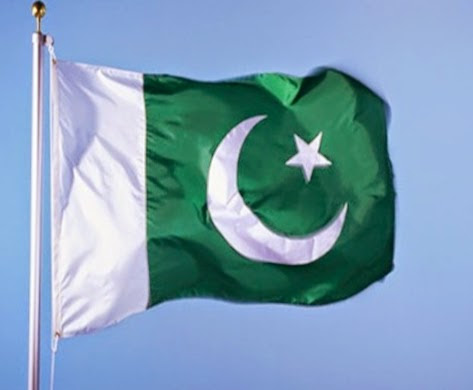
POLITICAL ISSUES ARAB LEAGUE 1.Pakistan’s role in regional peace appreciated by Arab league Is.....
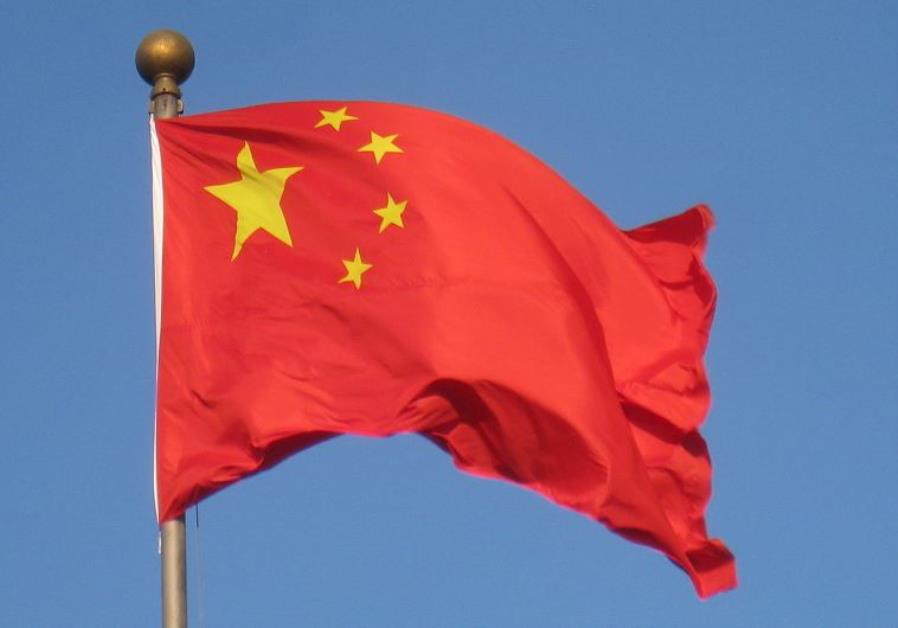
POLITICAL ISSUES JORDAN China’s Foreign Minister Wang Yi meets Jordanian Foreign Minister Ayman Sa.....
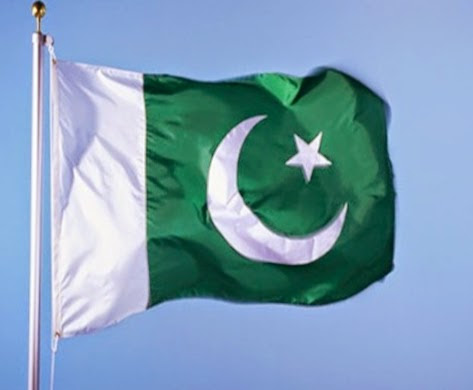
POLITICAL ISSUES IRAN 1.Senate Chairman meets Rouhani; discusses Kashmir issue Islamabad, Monday,.....
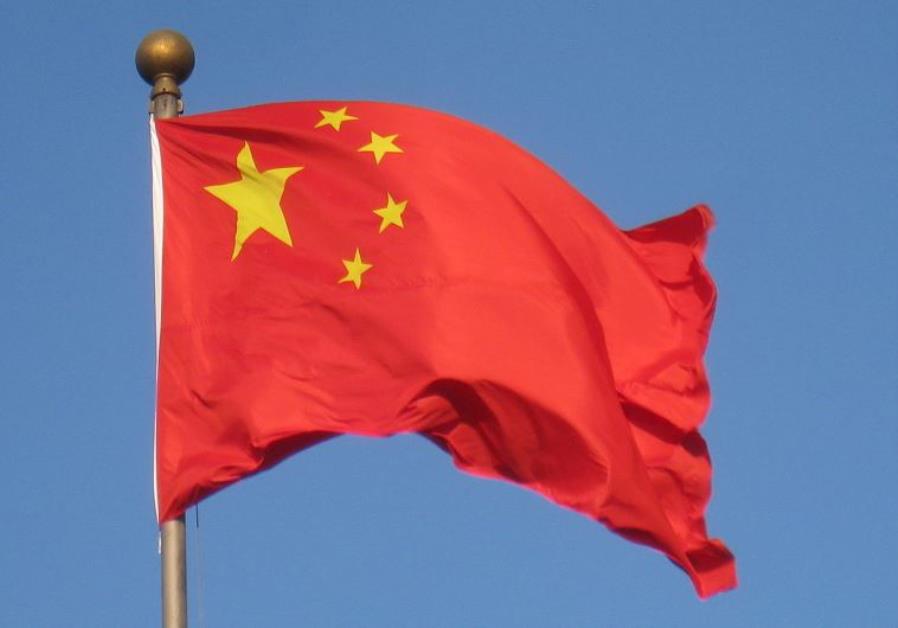
POLITICAL ISSUES EGYPT 1) Egyptian Ambassador talks about bi-lateral ties Beijing, Sunday, 27 August .....
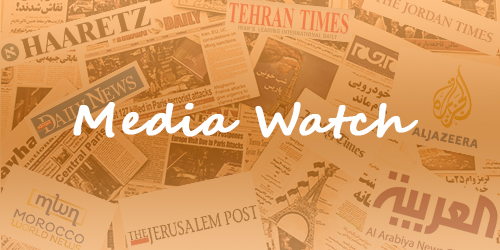
President Trump's decision on Jerusalem Note: US President Donald Trump’s decision of 6 December.....
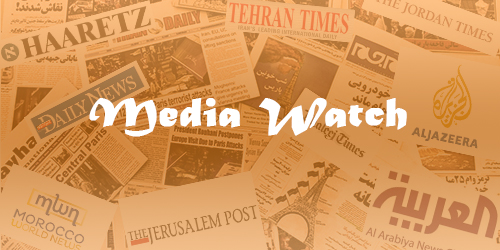
Note: The Joint Comprehensive Plan of Action, commonly known as the Iran Nuclear Deal was .....
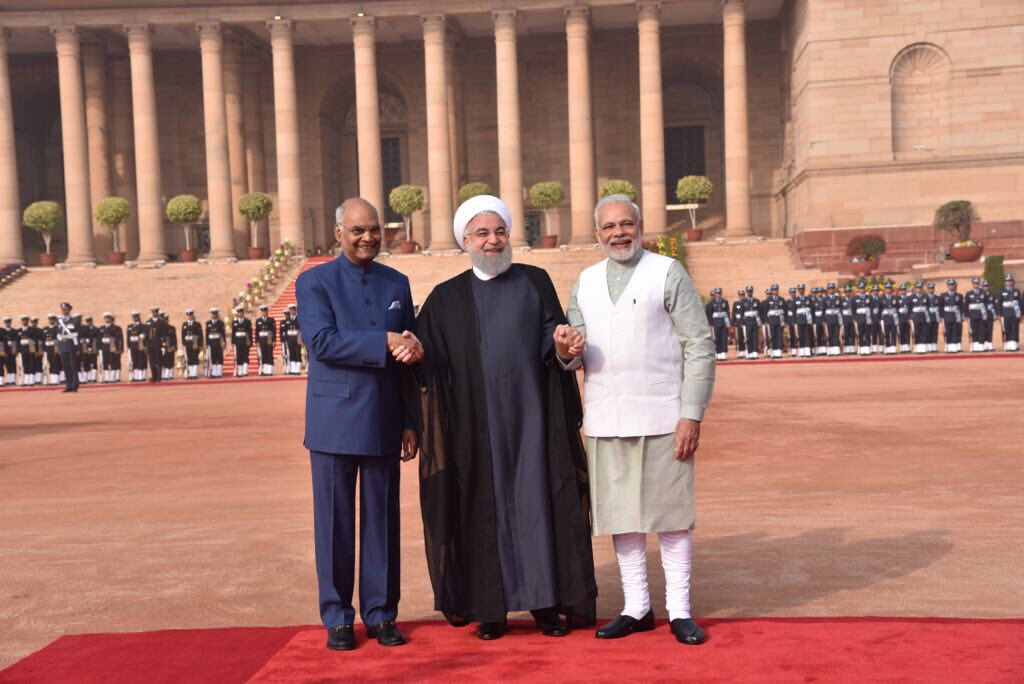
Note: During 15-17 February 2018, Hassan Rouhani, the President of the Islamic Republic of India, visited Indi.....
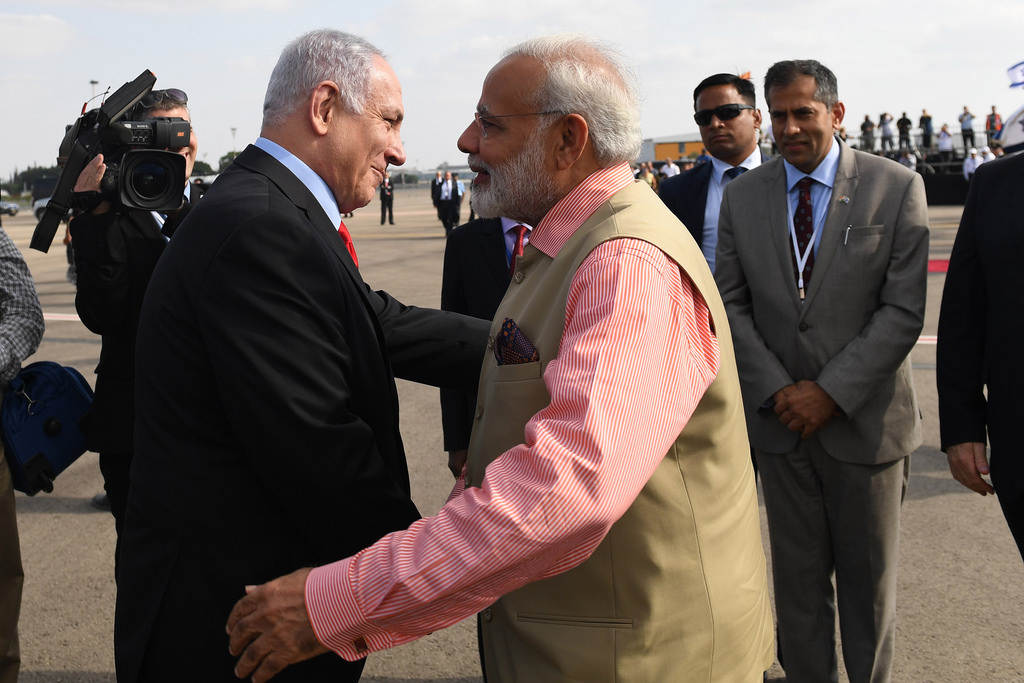
Note: Prime Minister Benjamin Netanyahu of Israel visited Israel during 14-16 January 2018. This was the secon.....
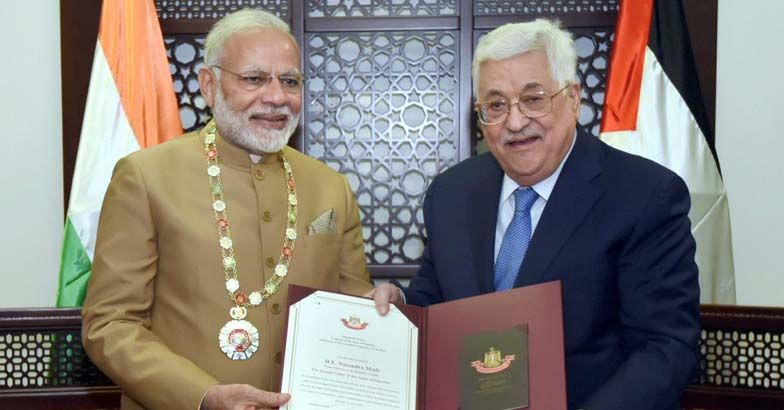
On February 10, 2018, Prime Minister Narendra Modi visited Palestine, nine months after Palestinian President .....
